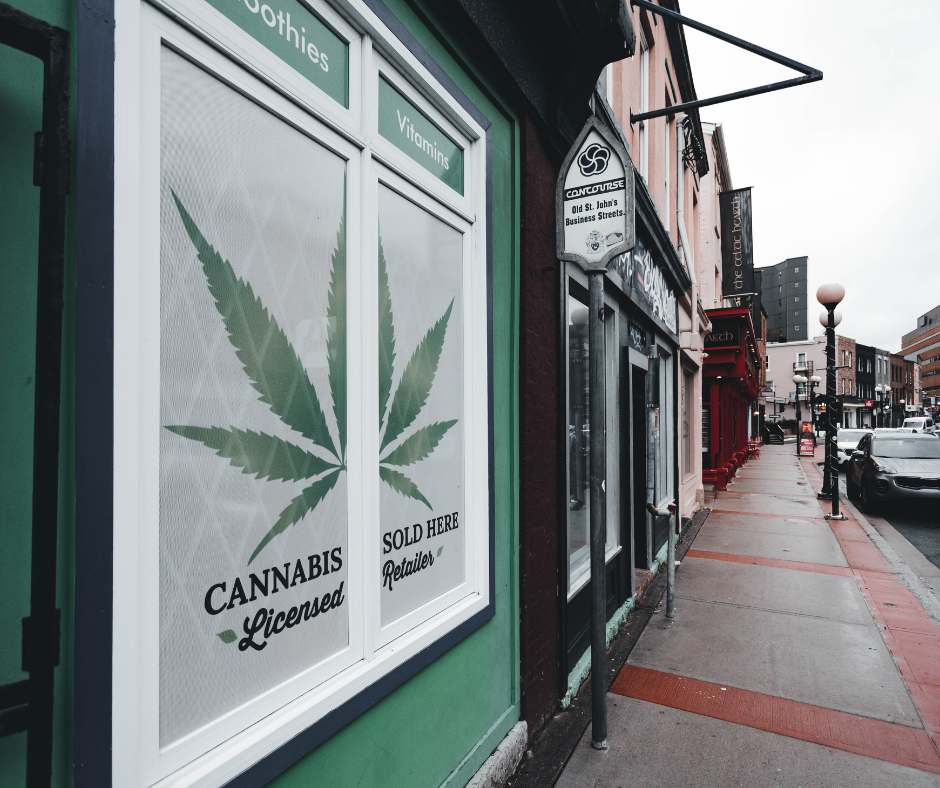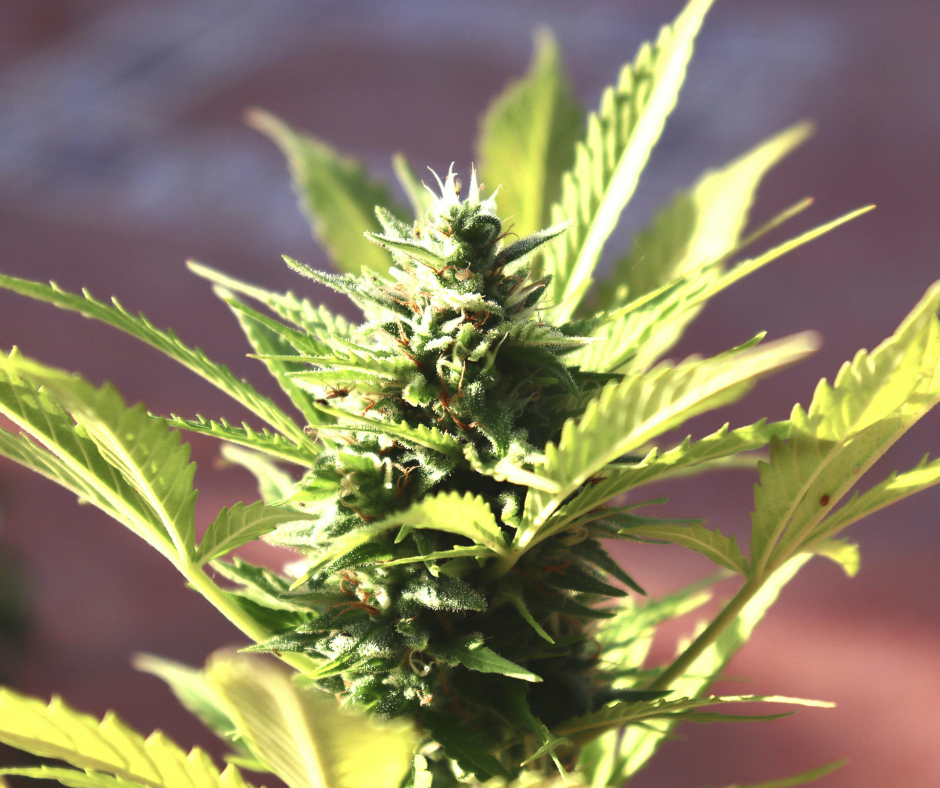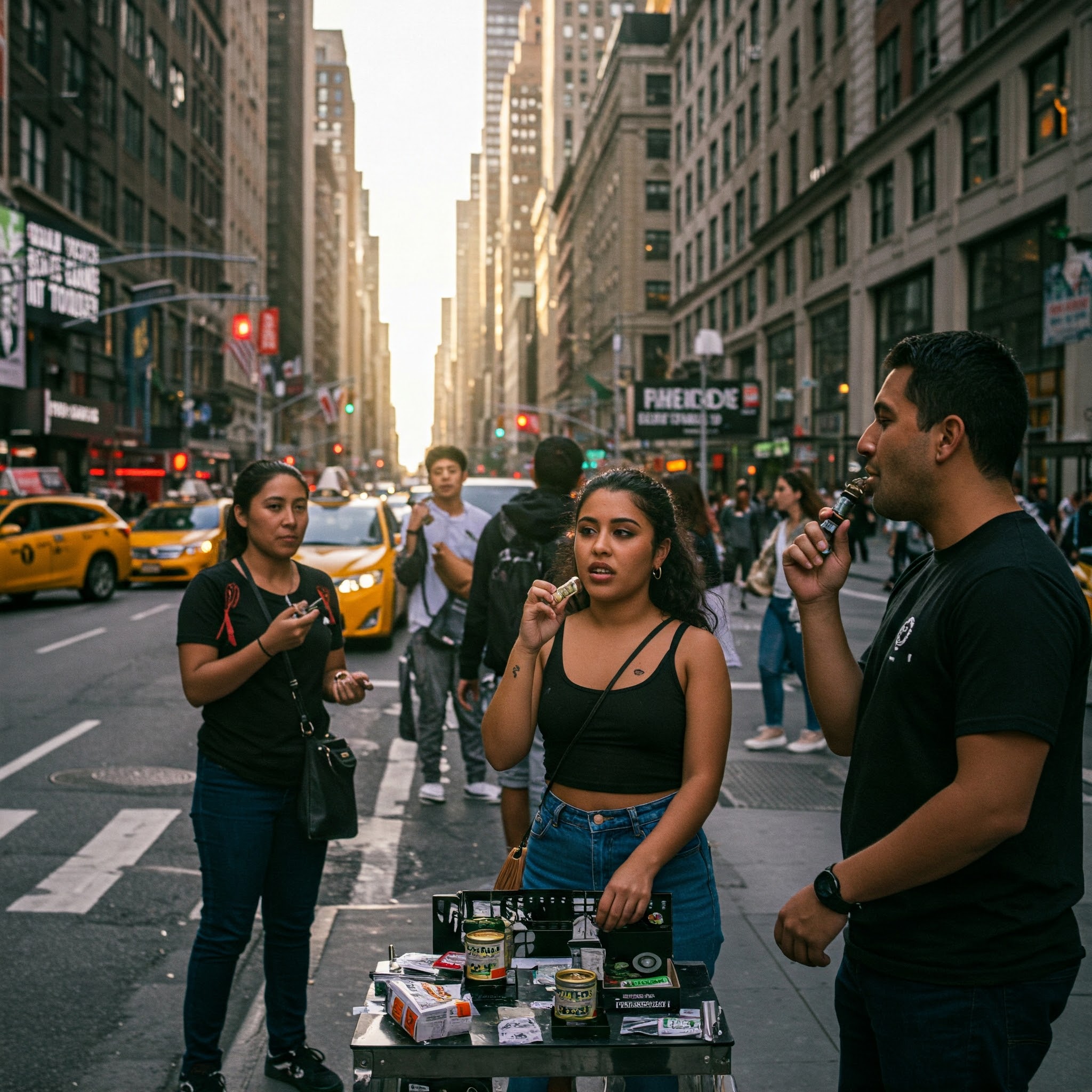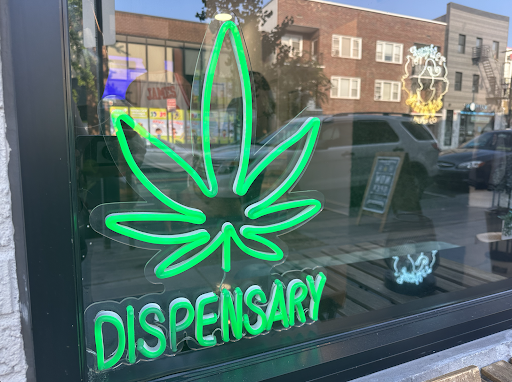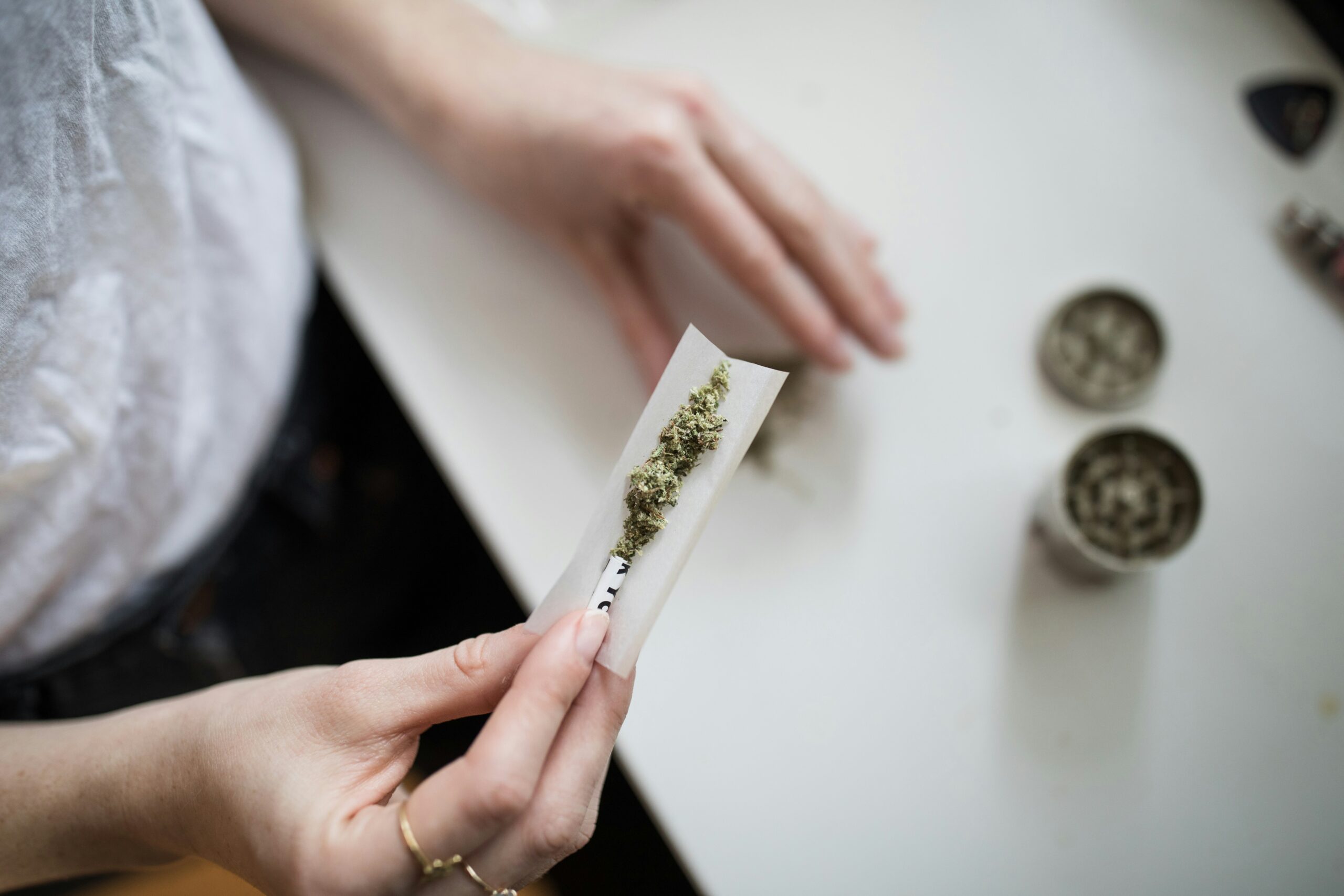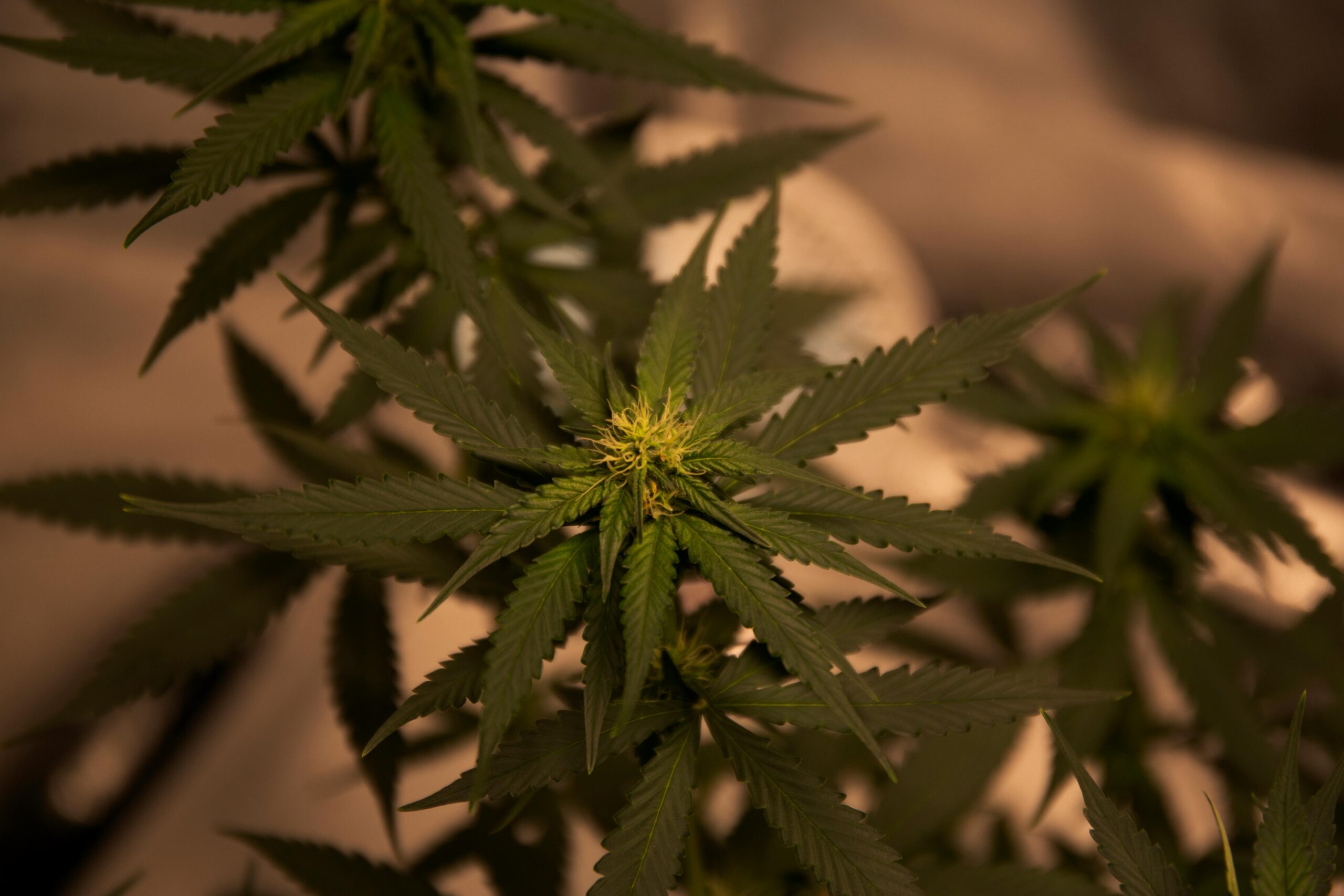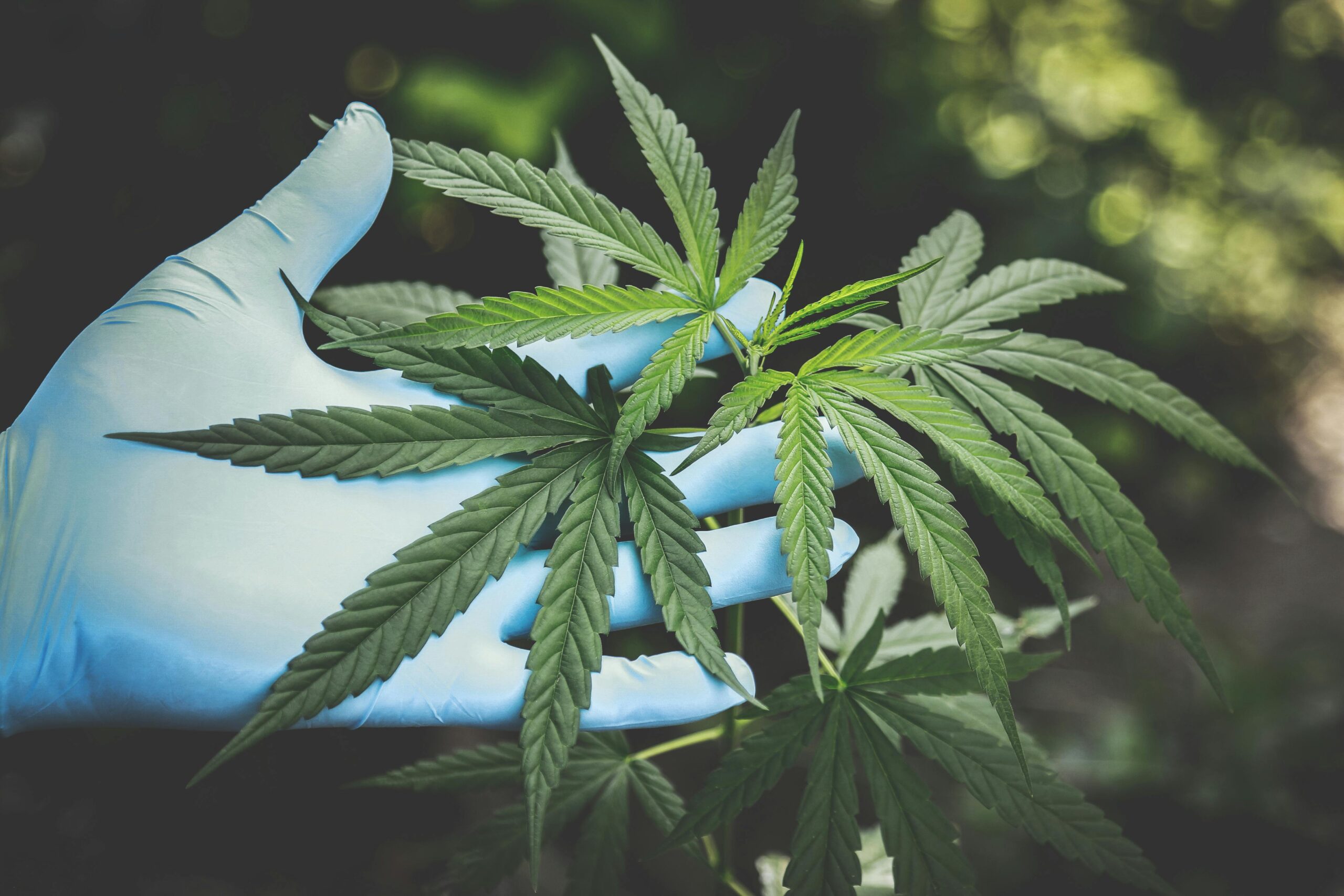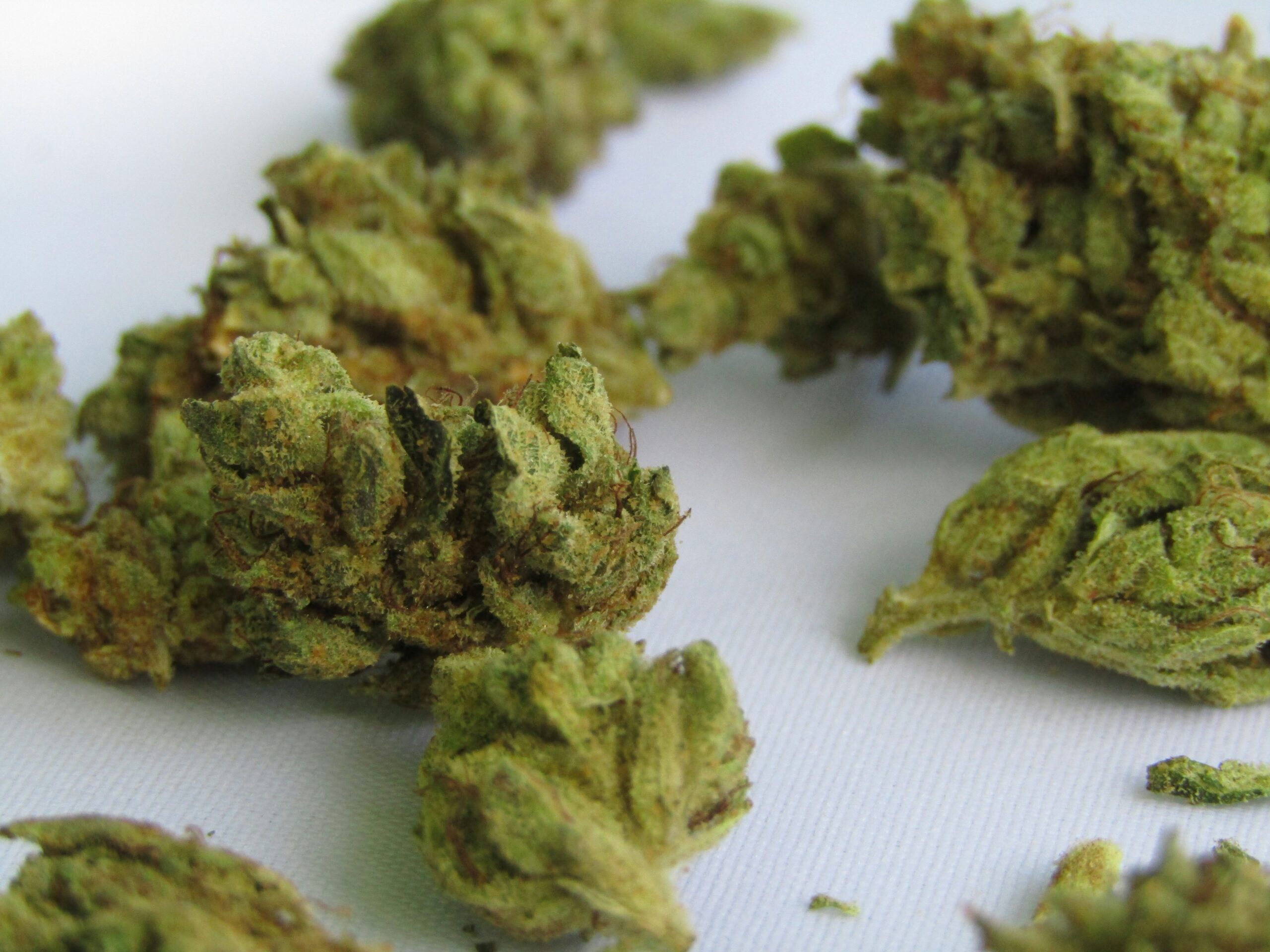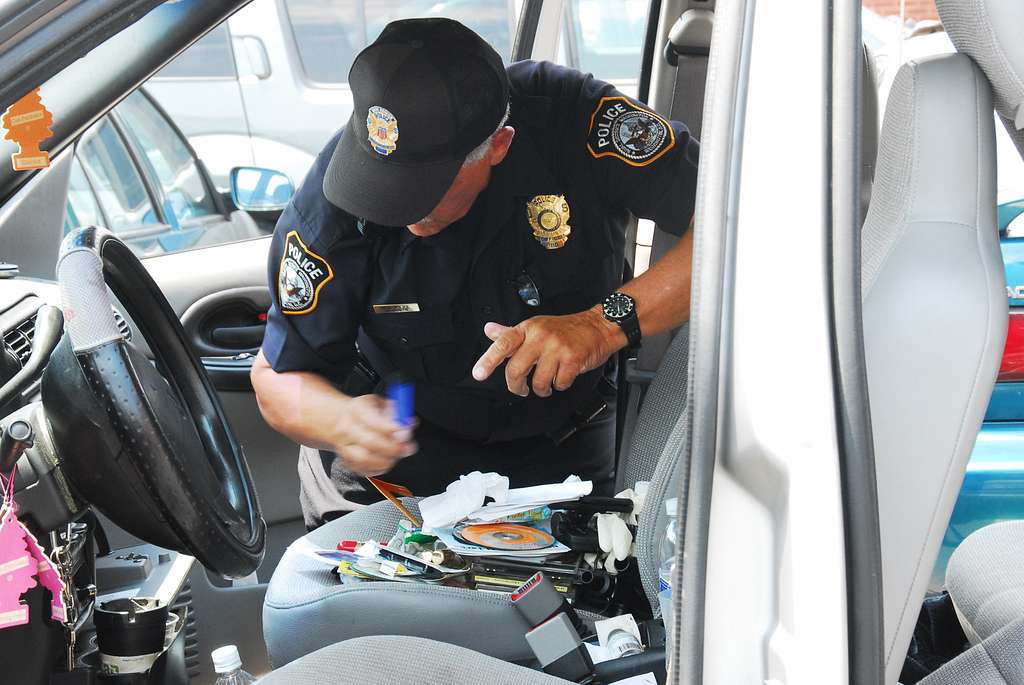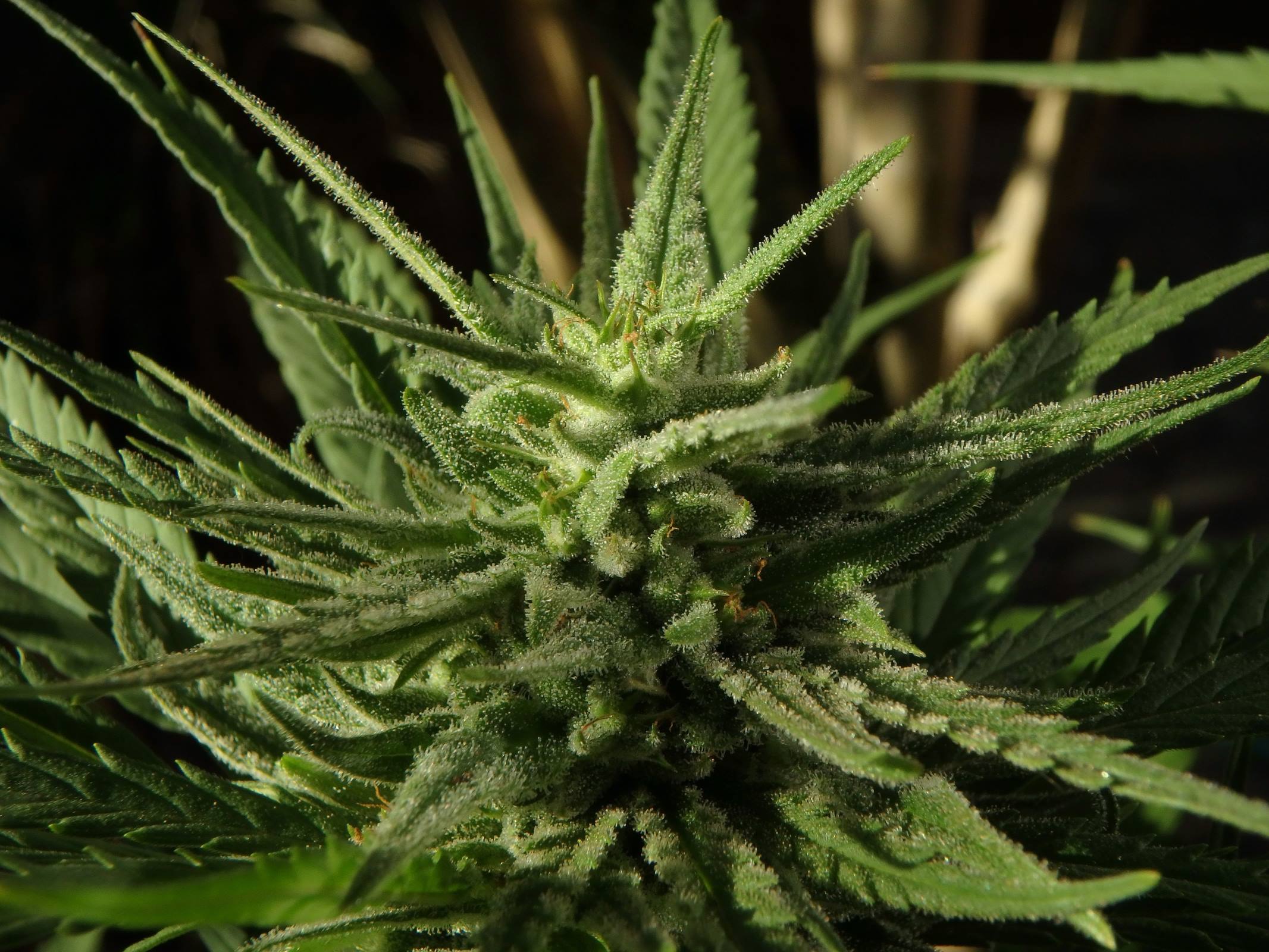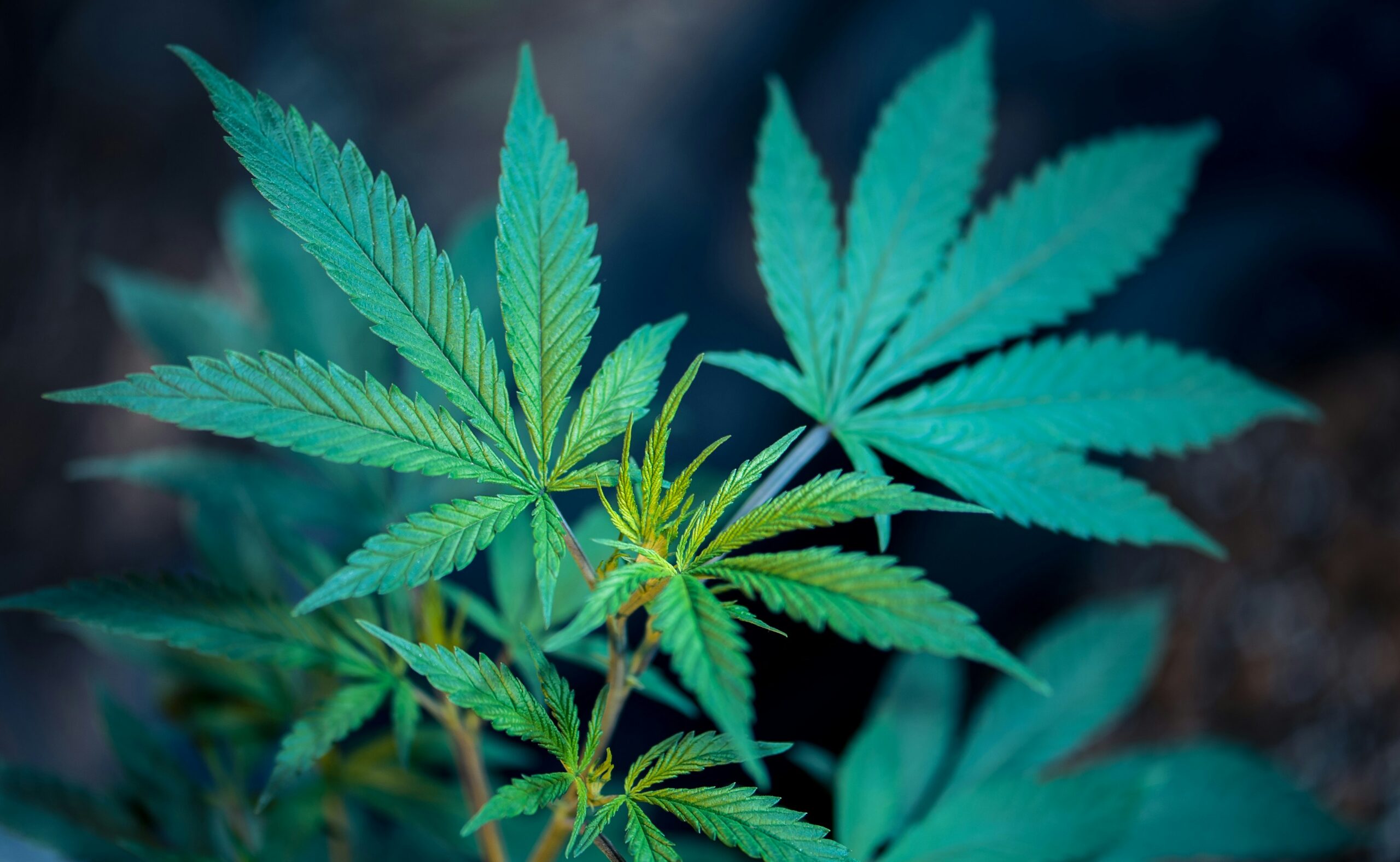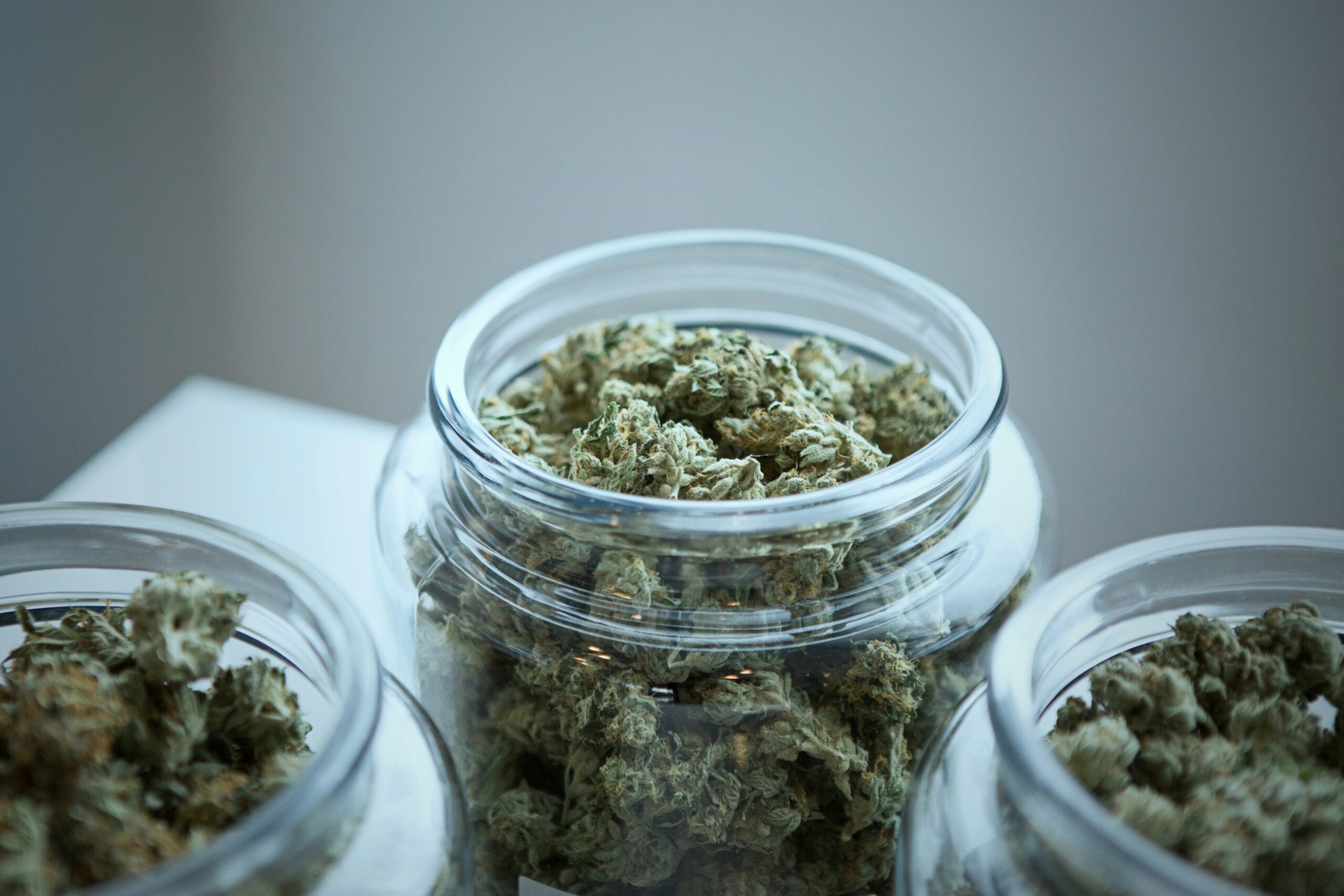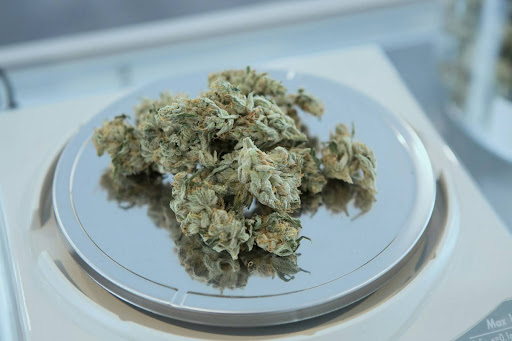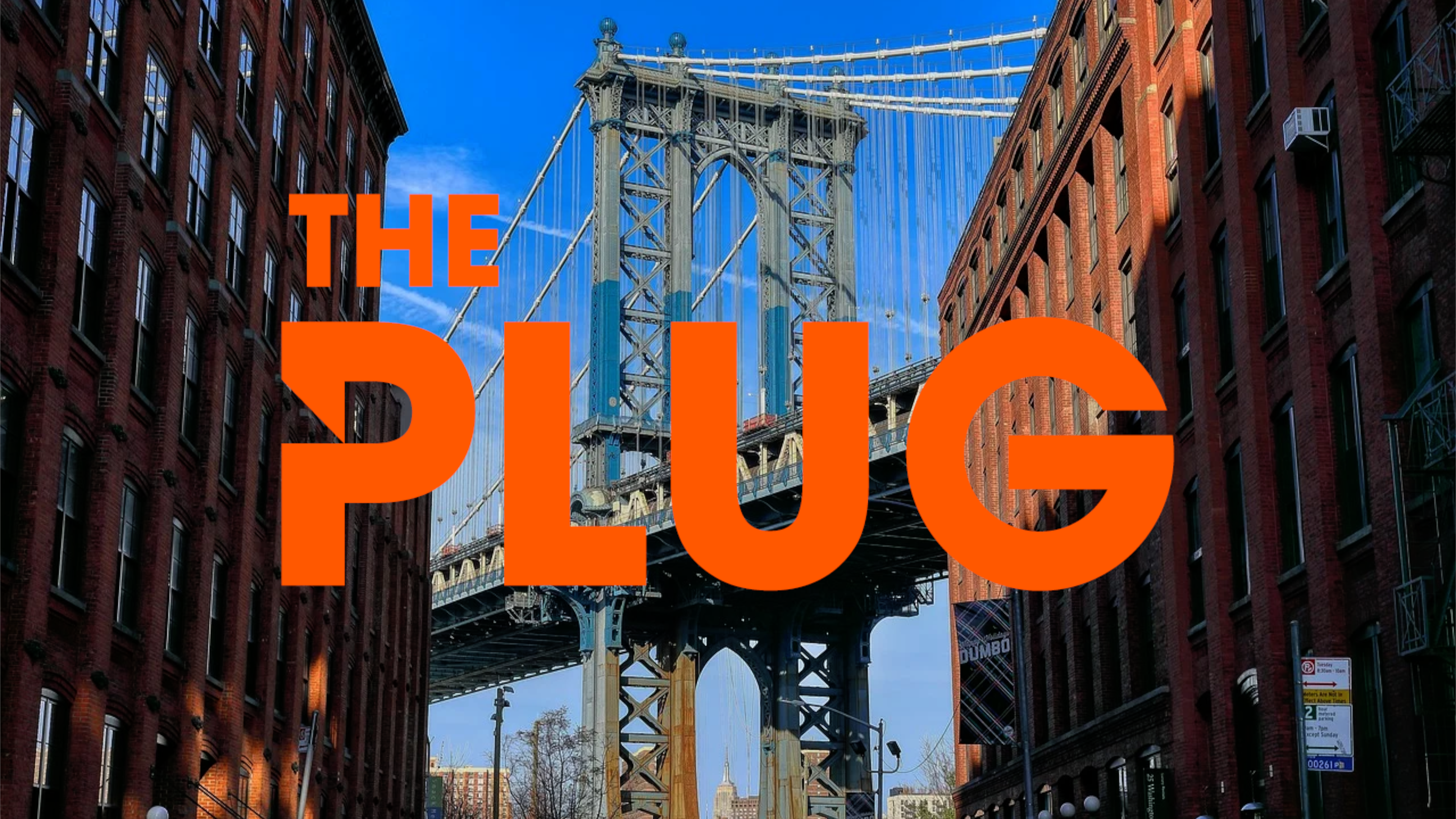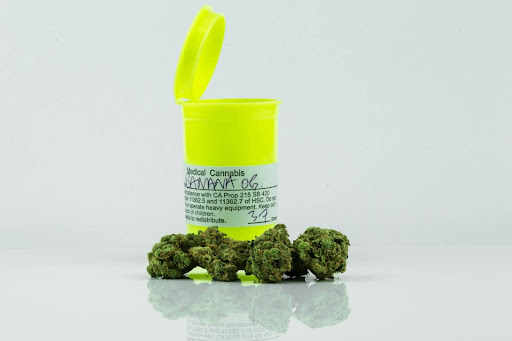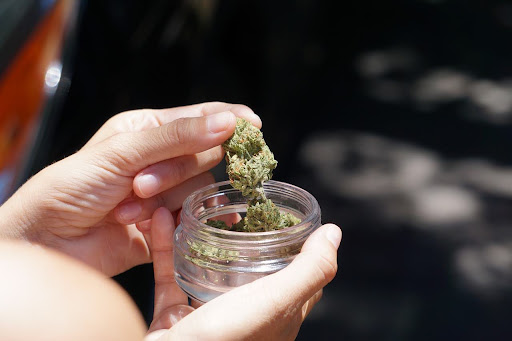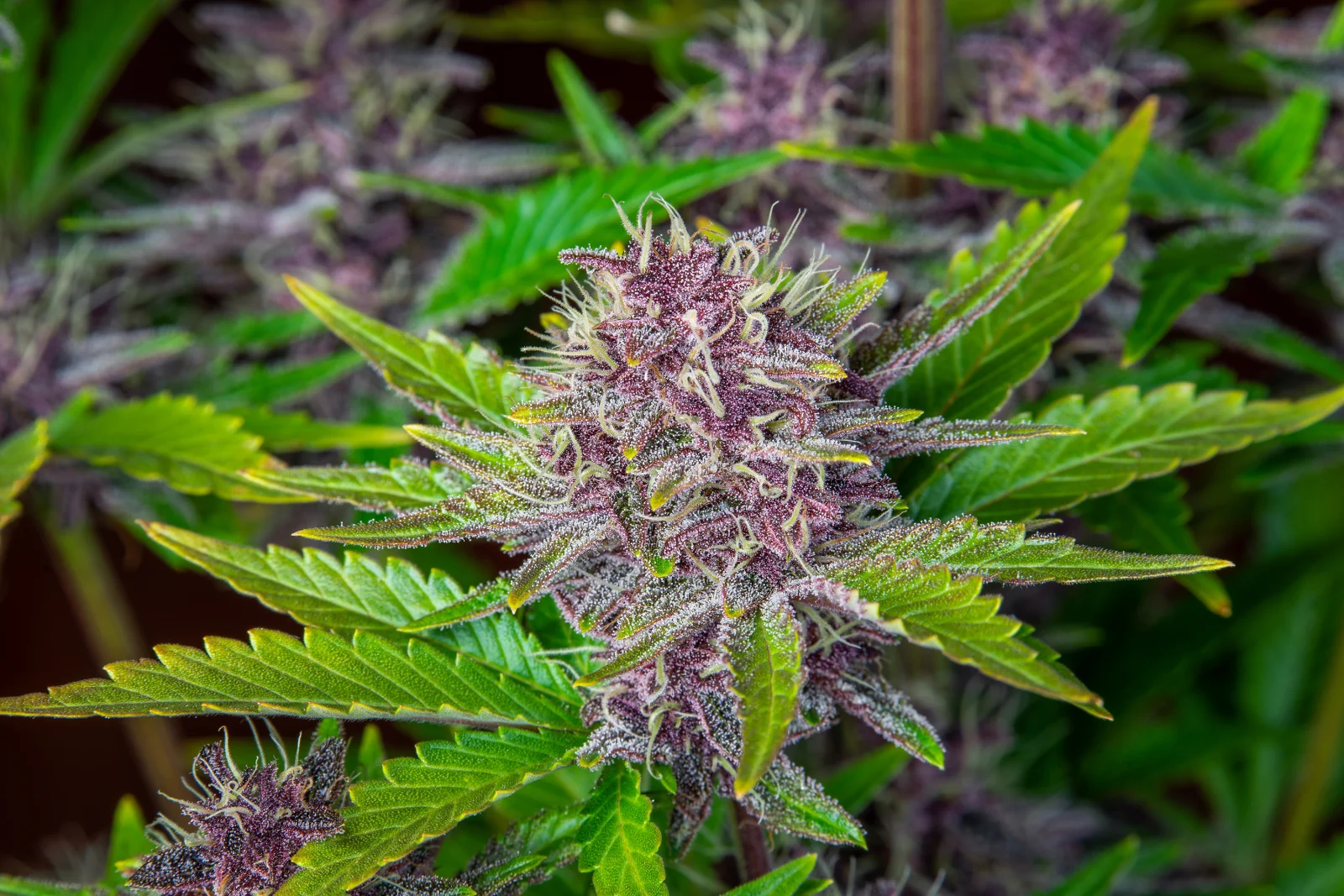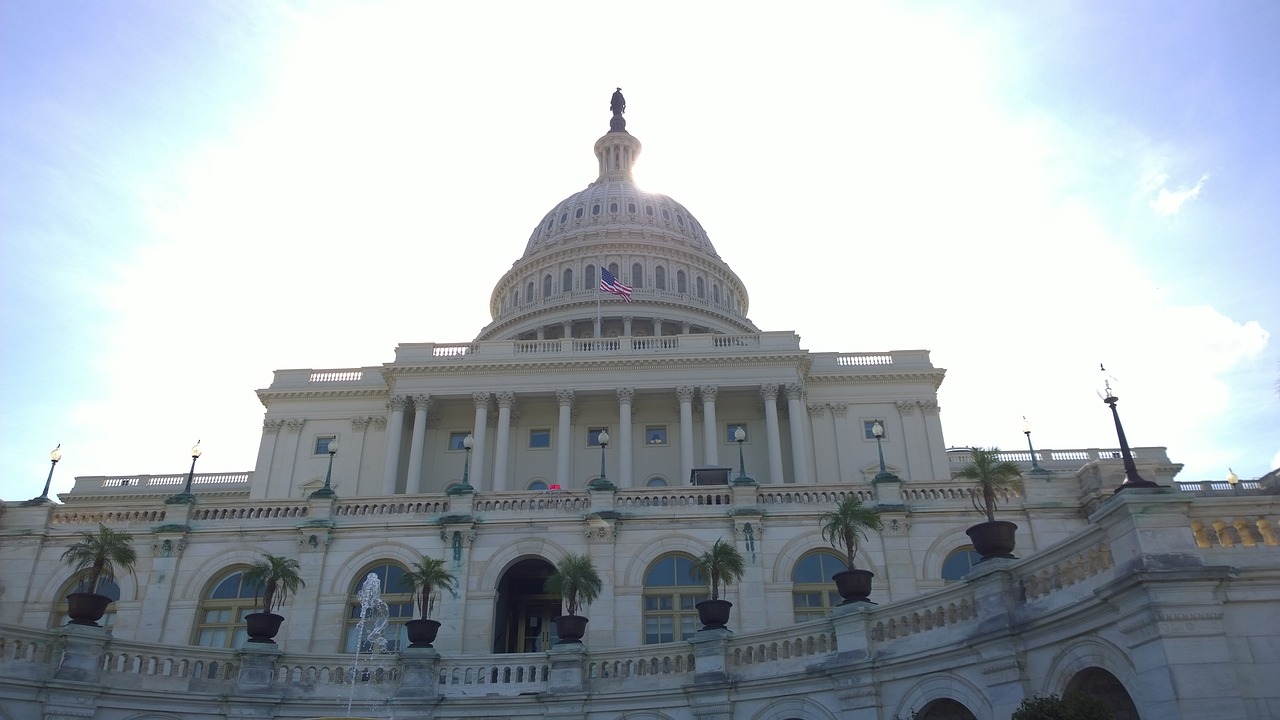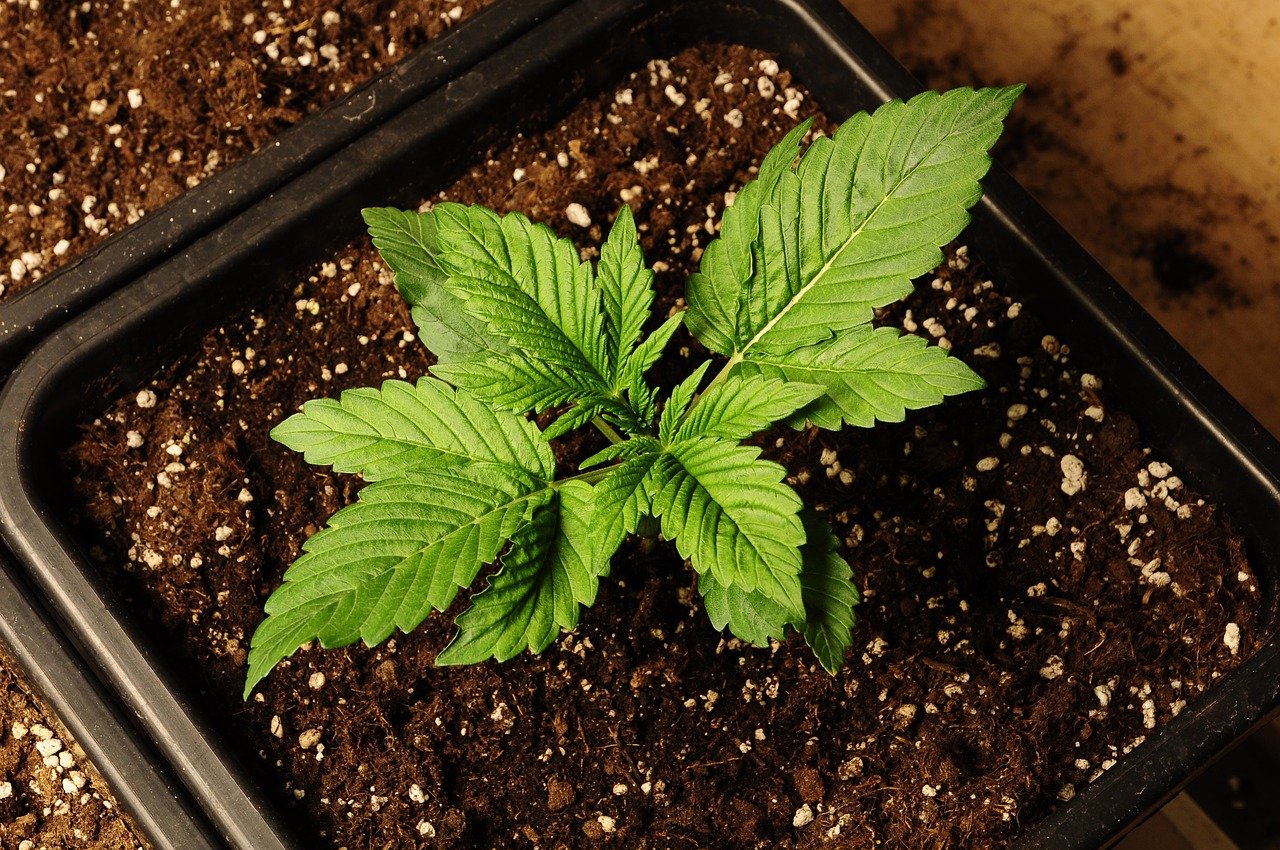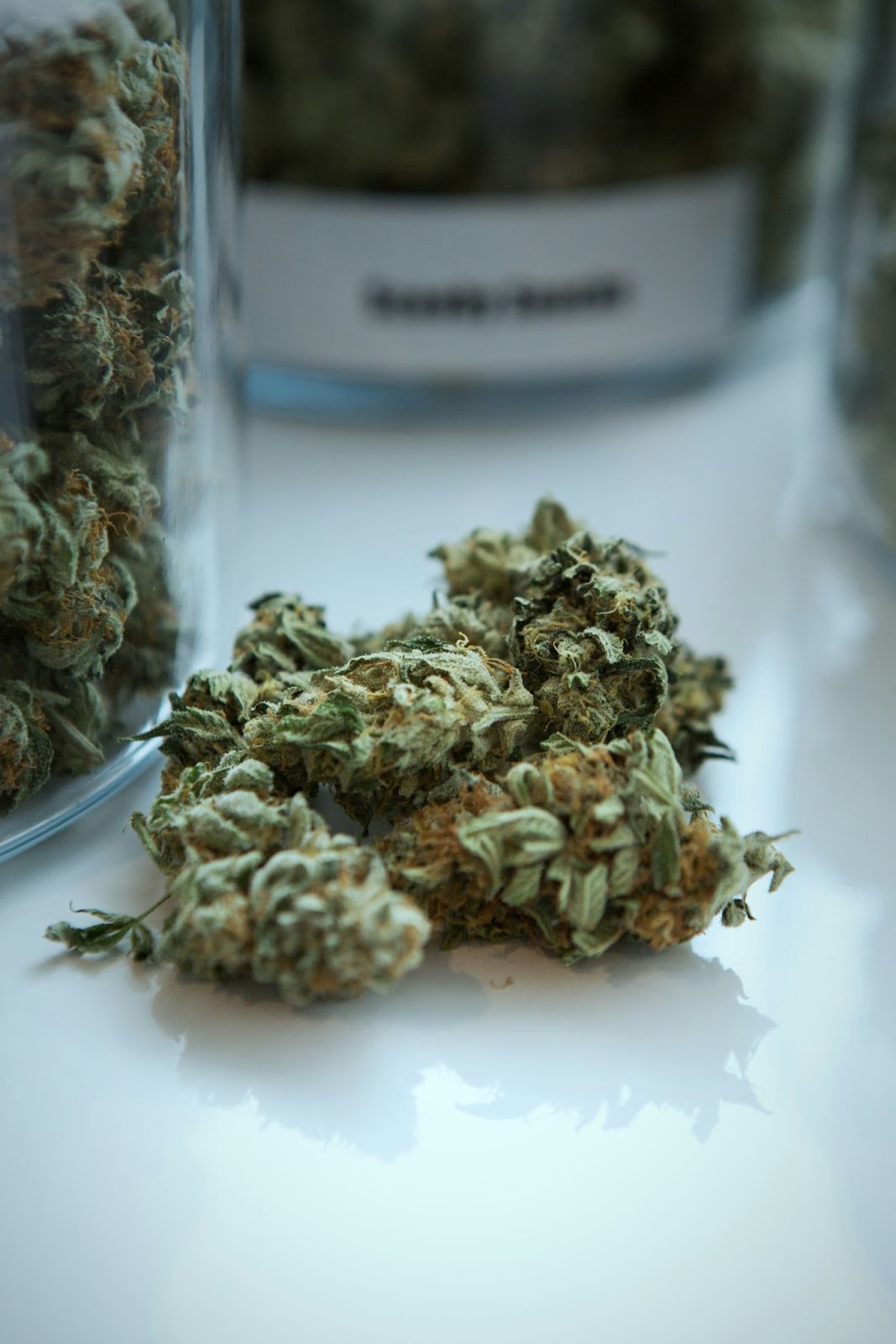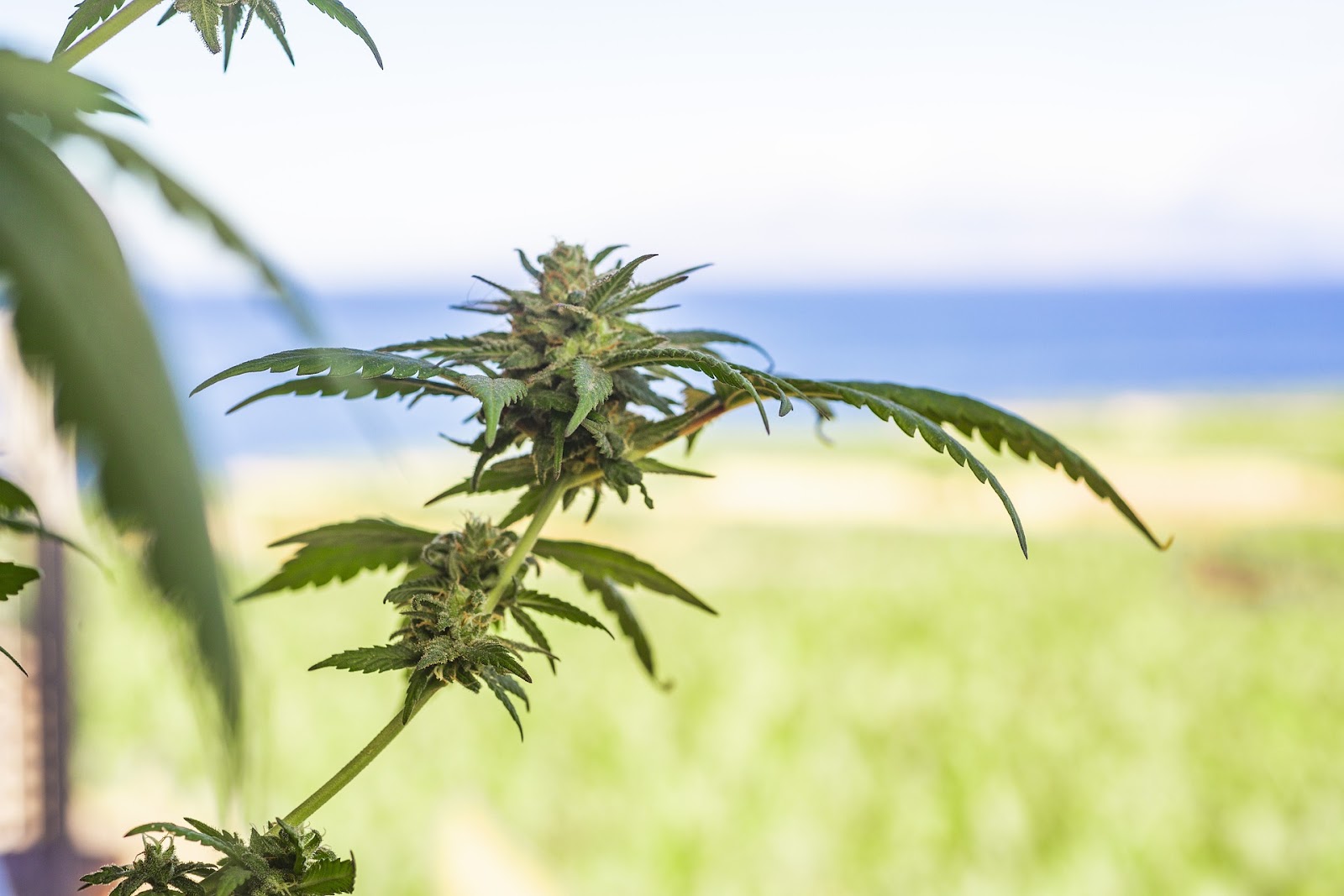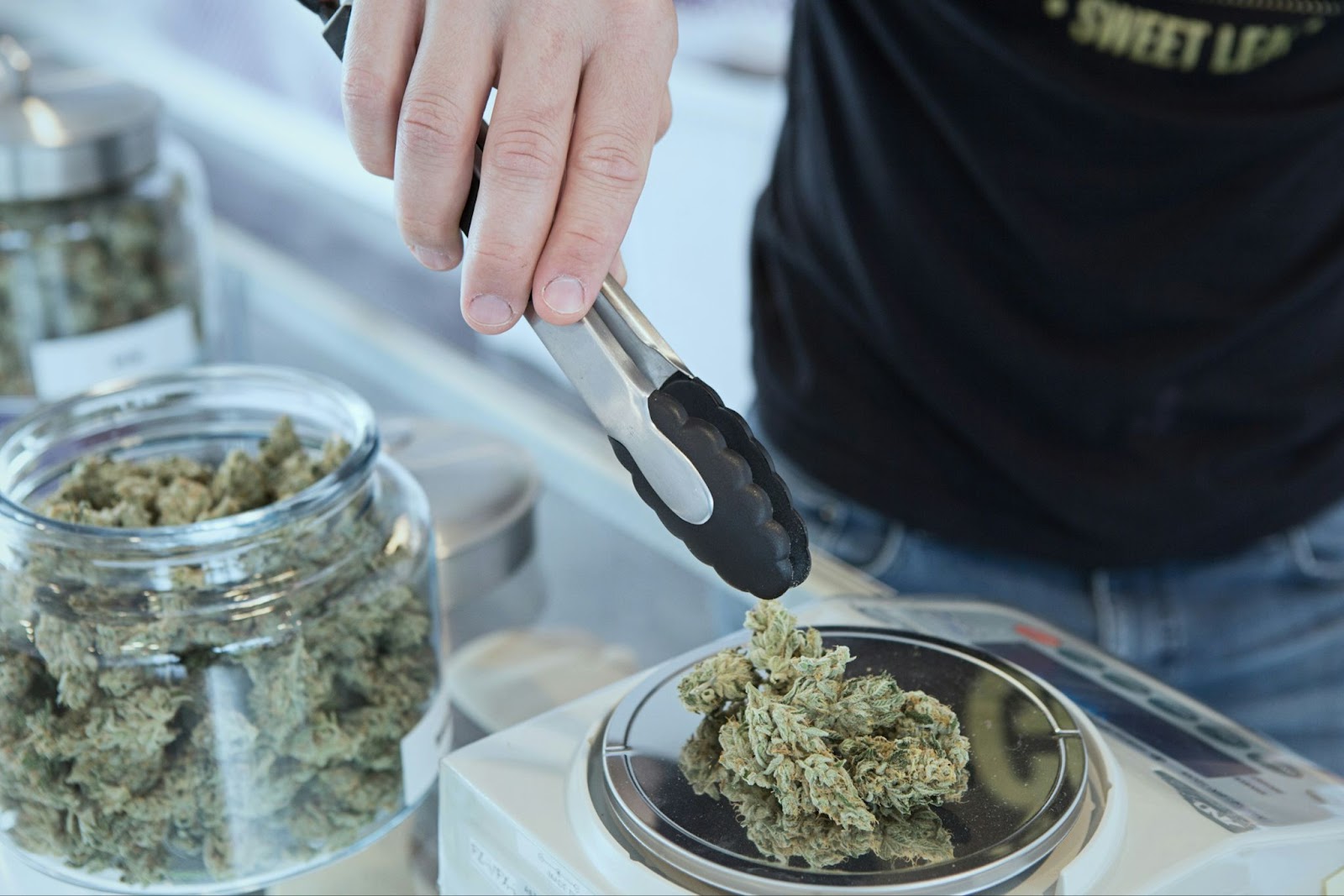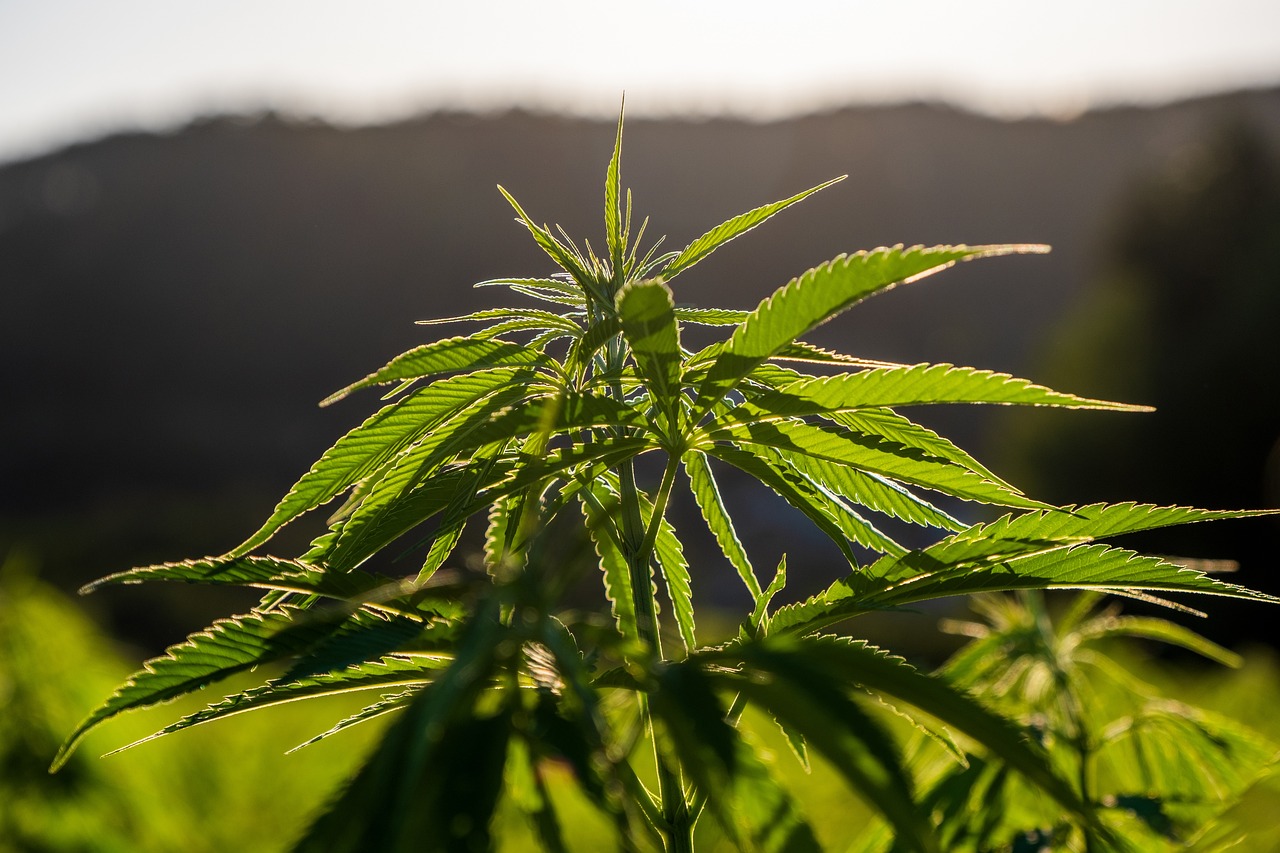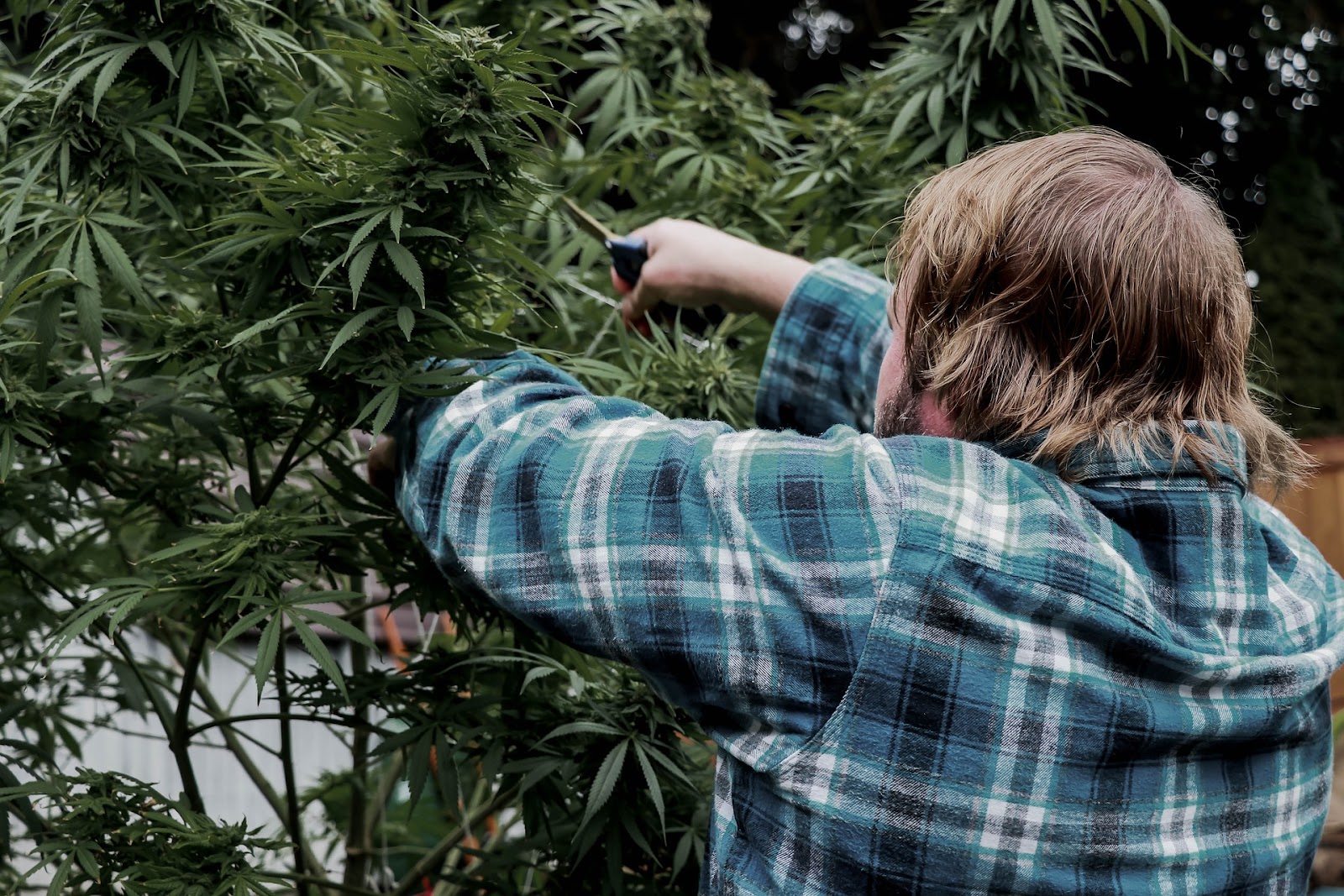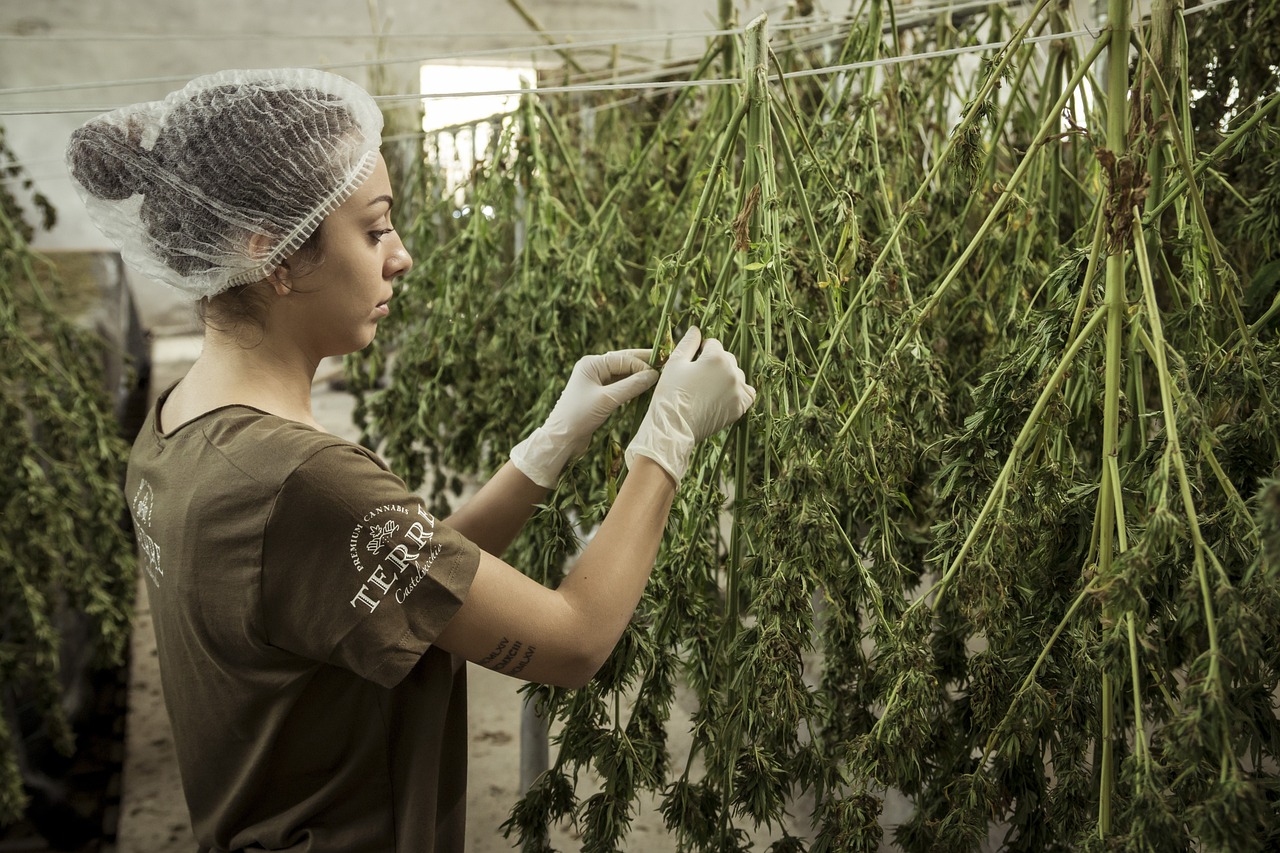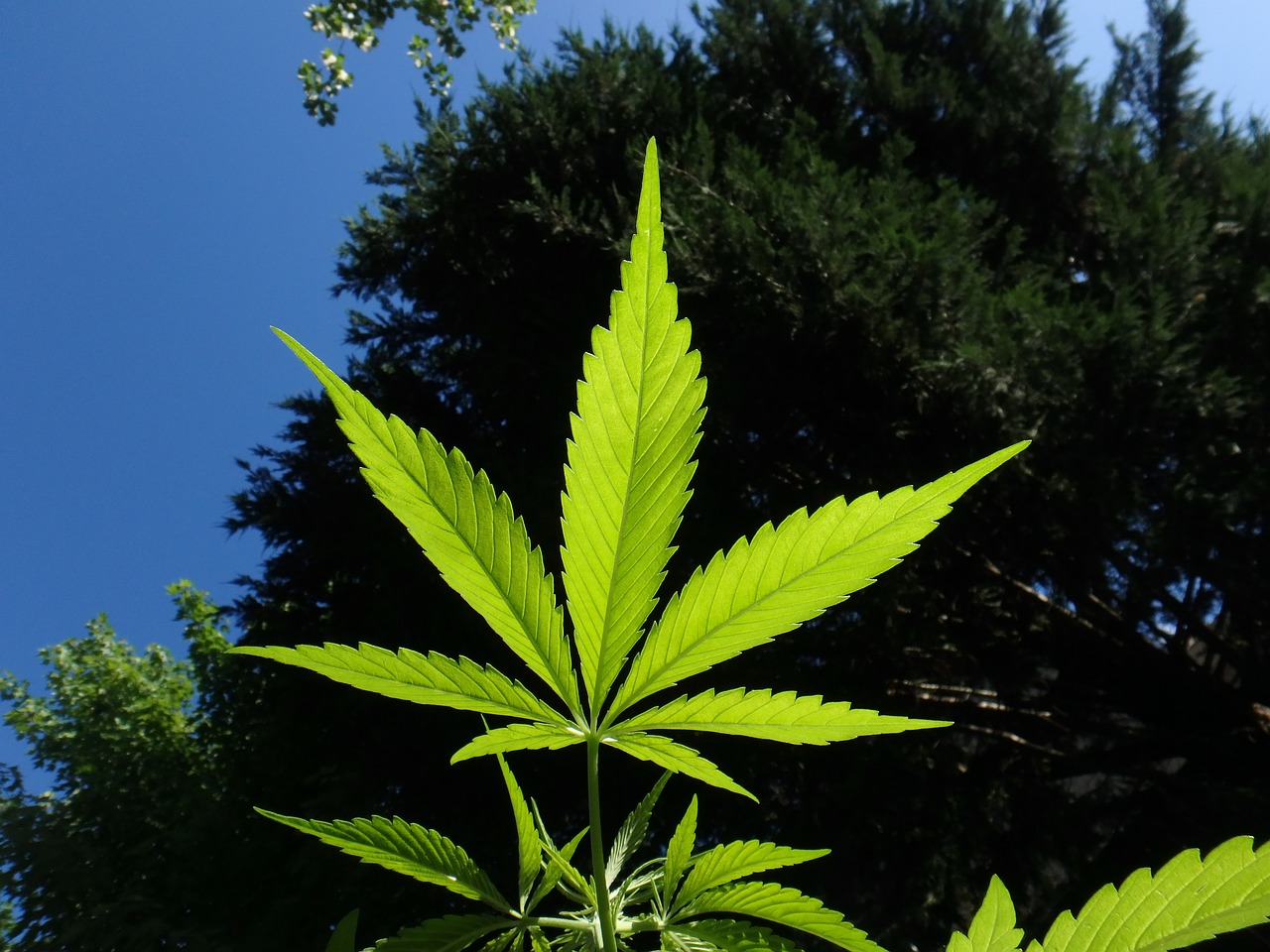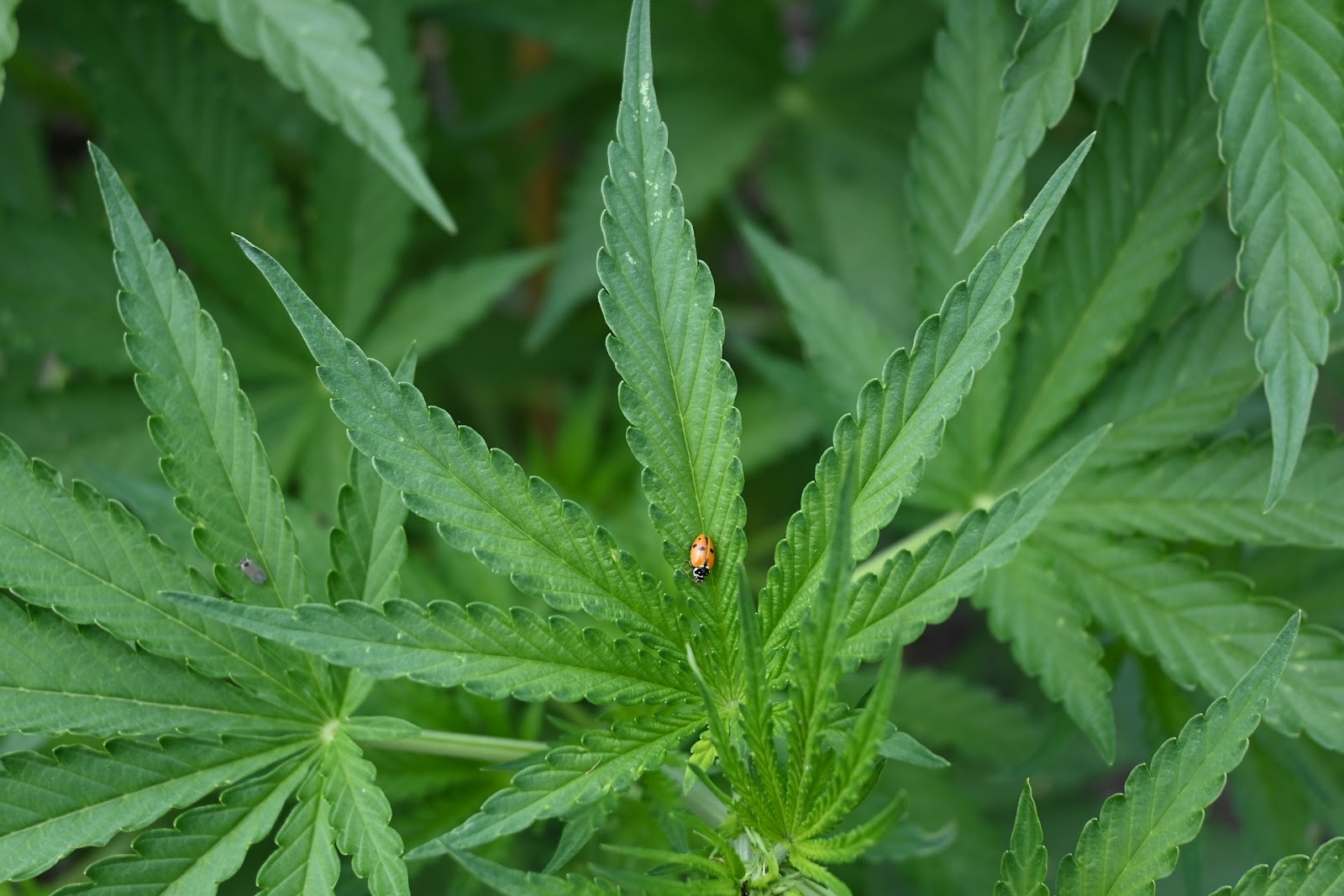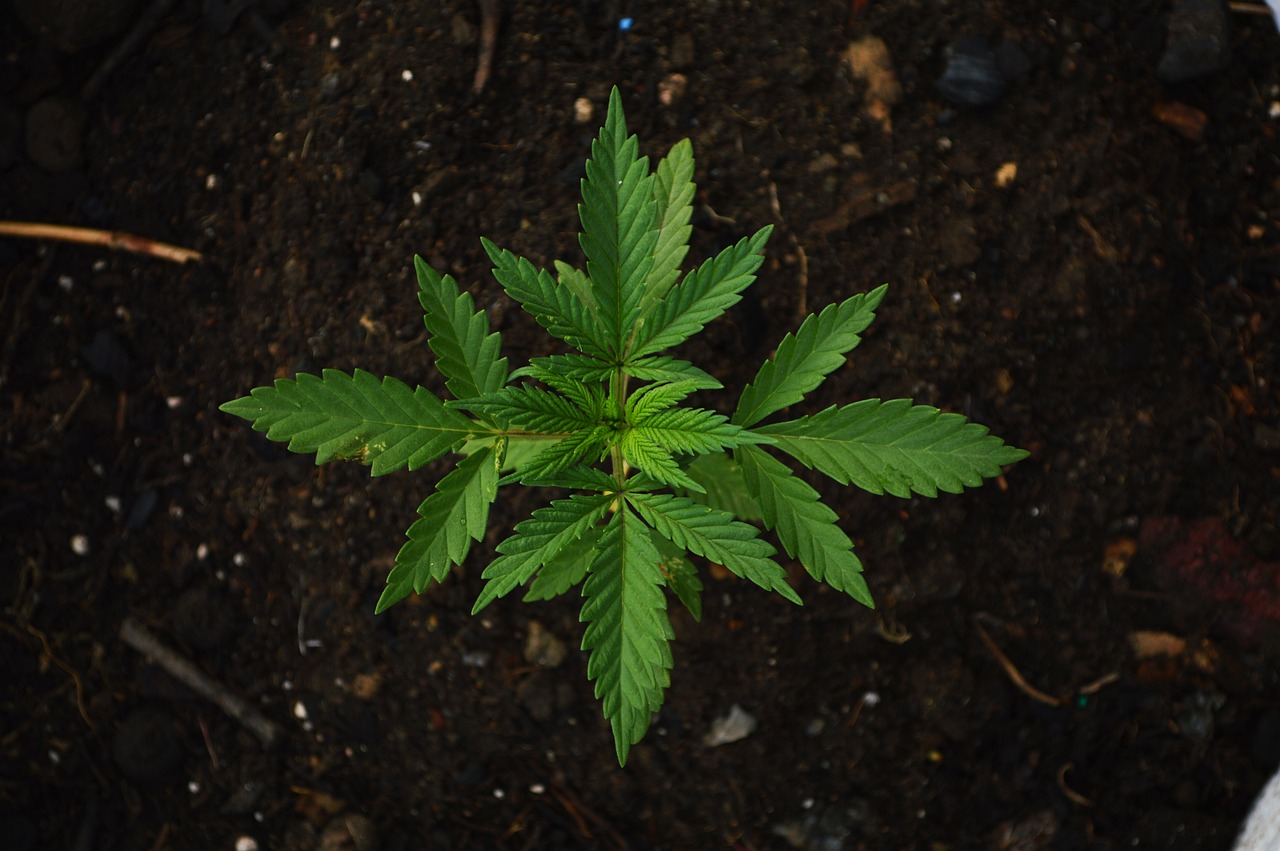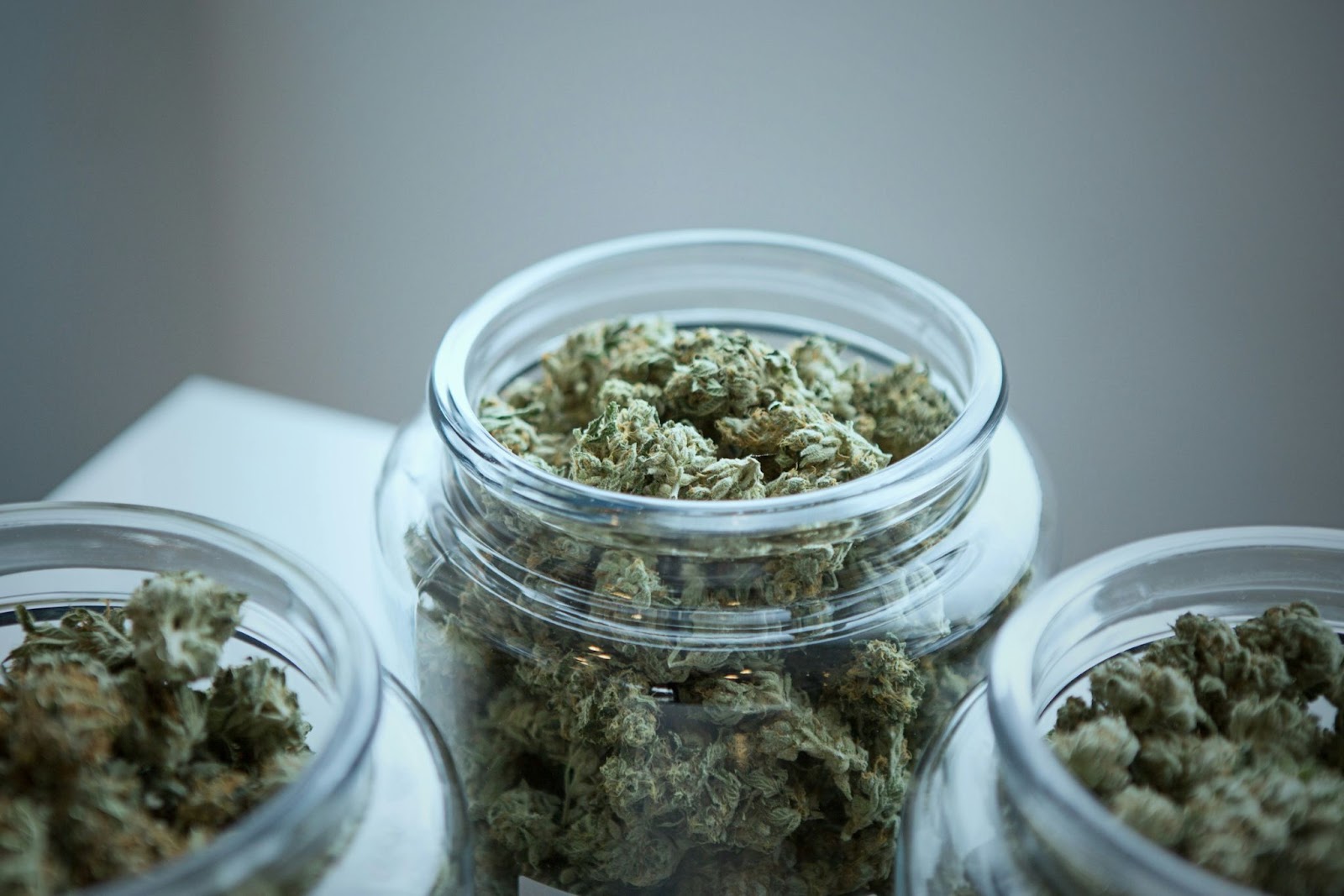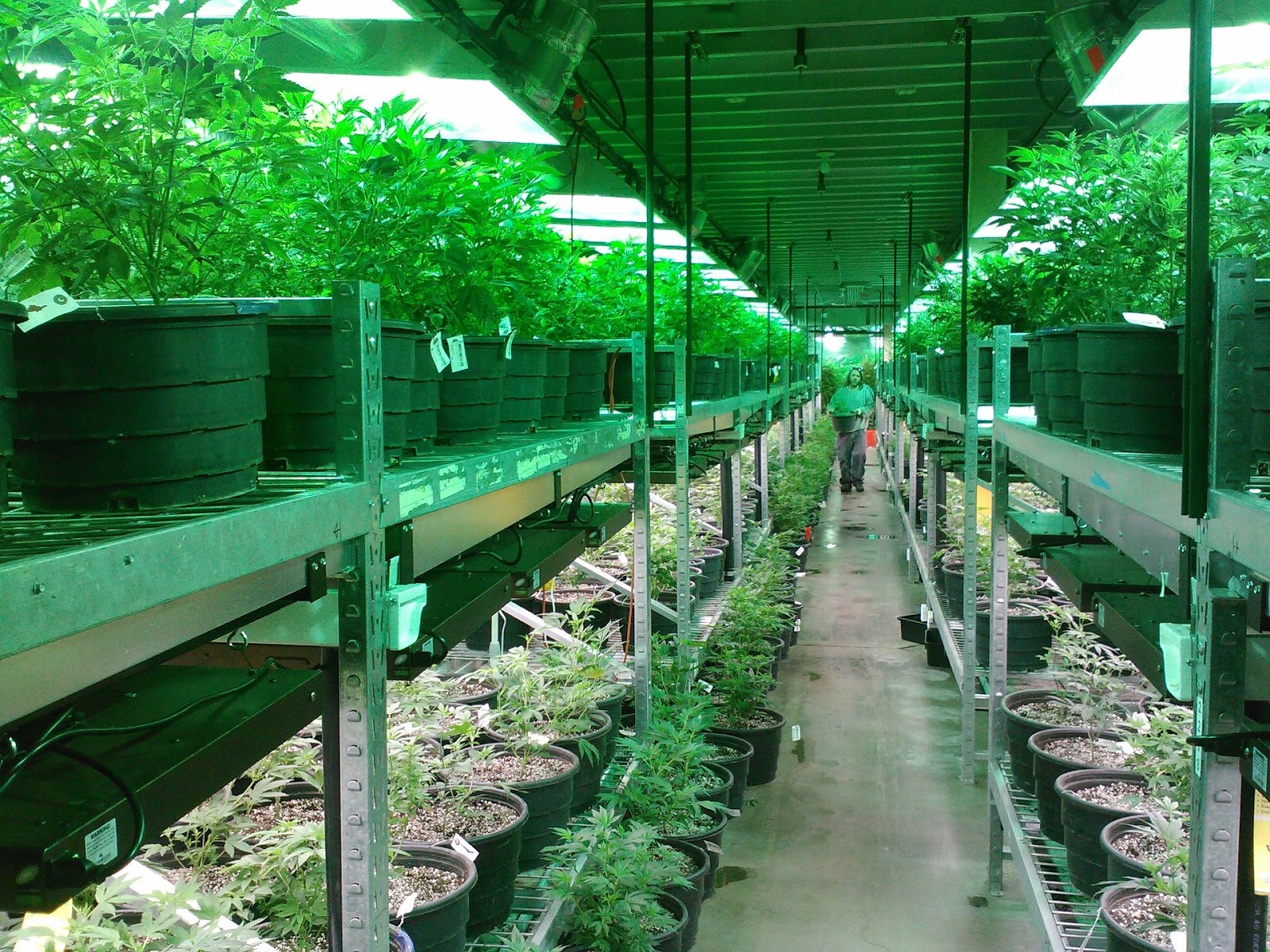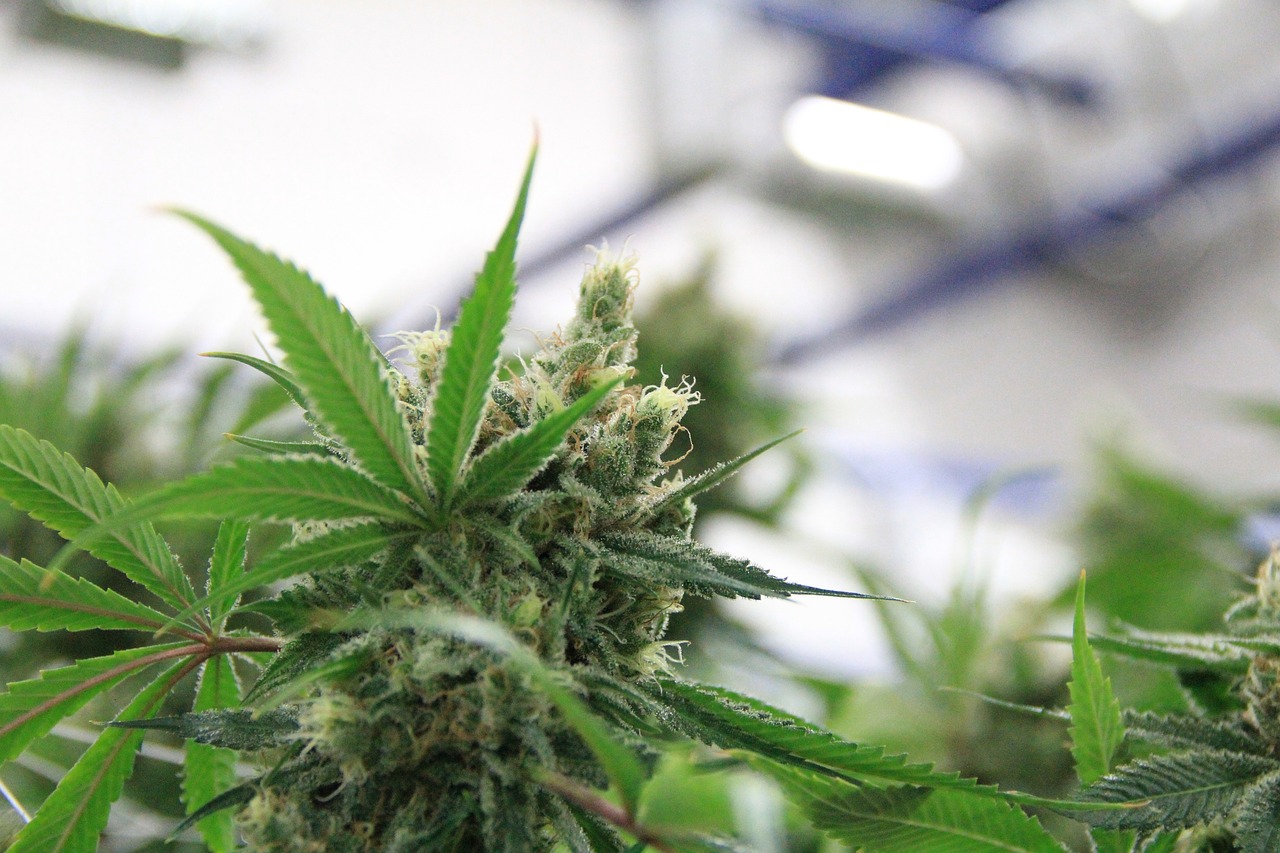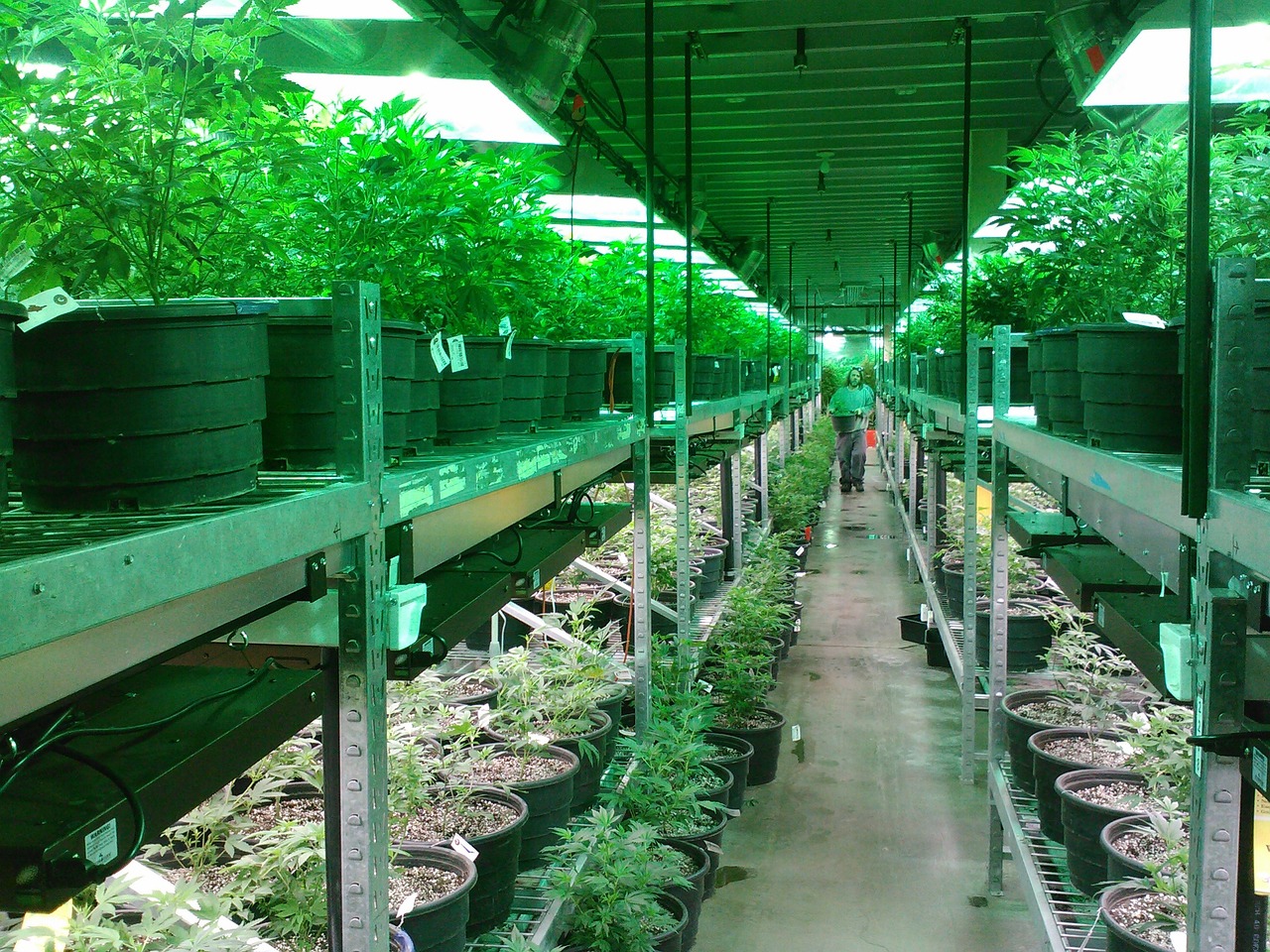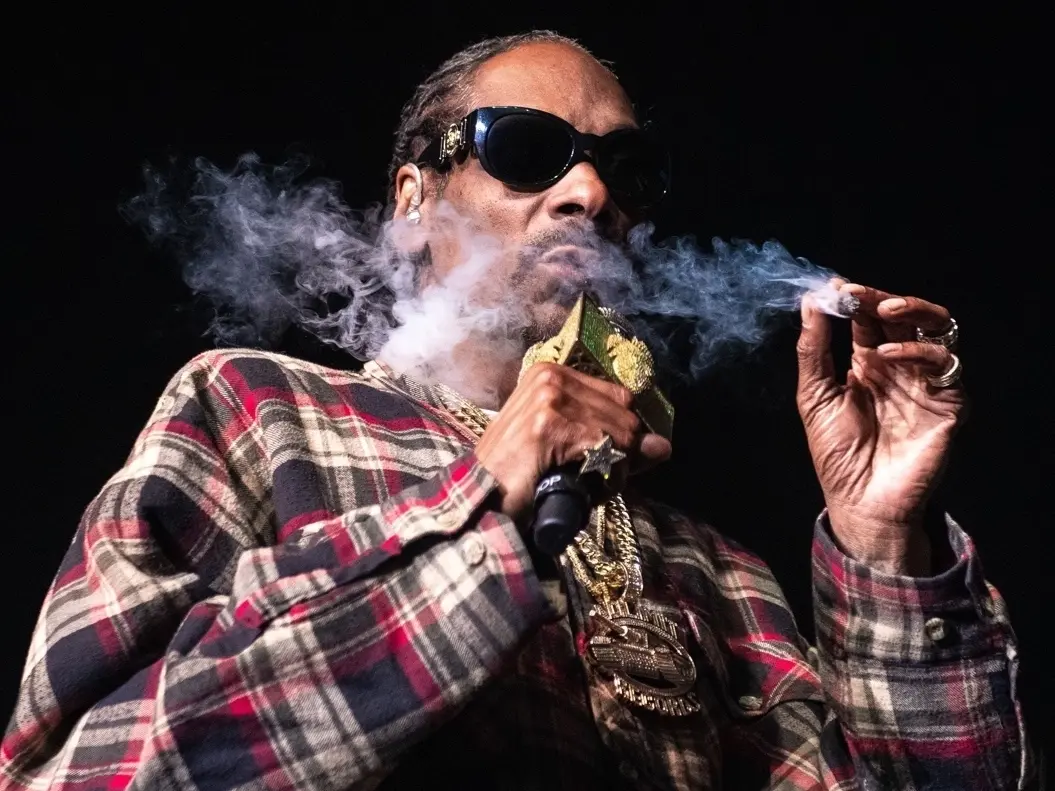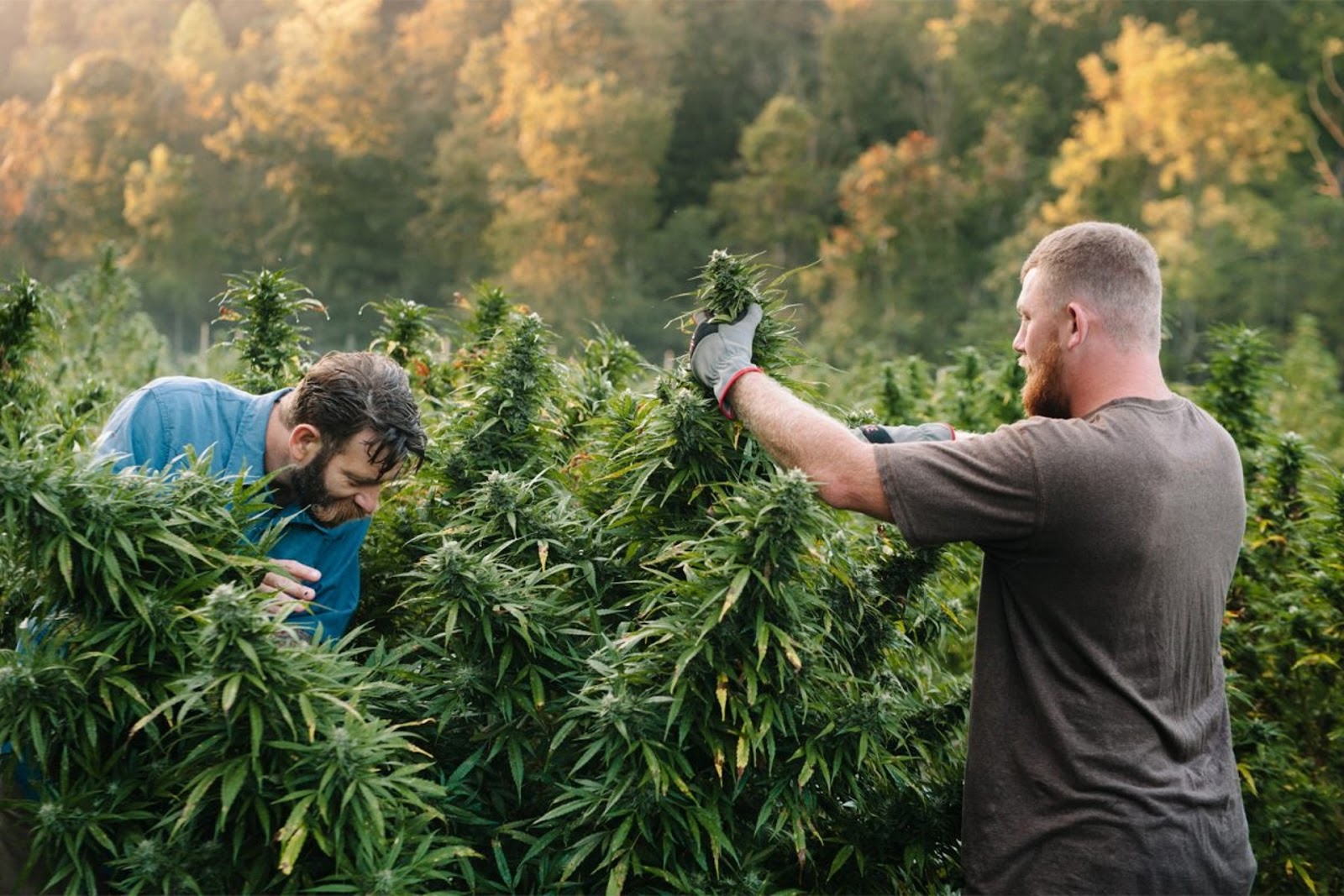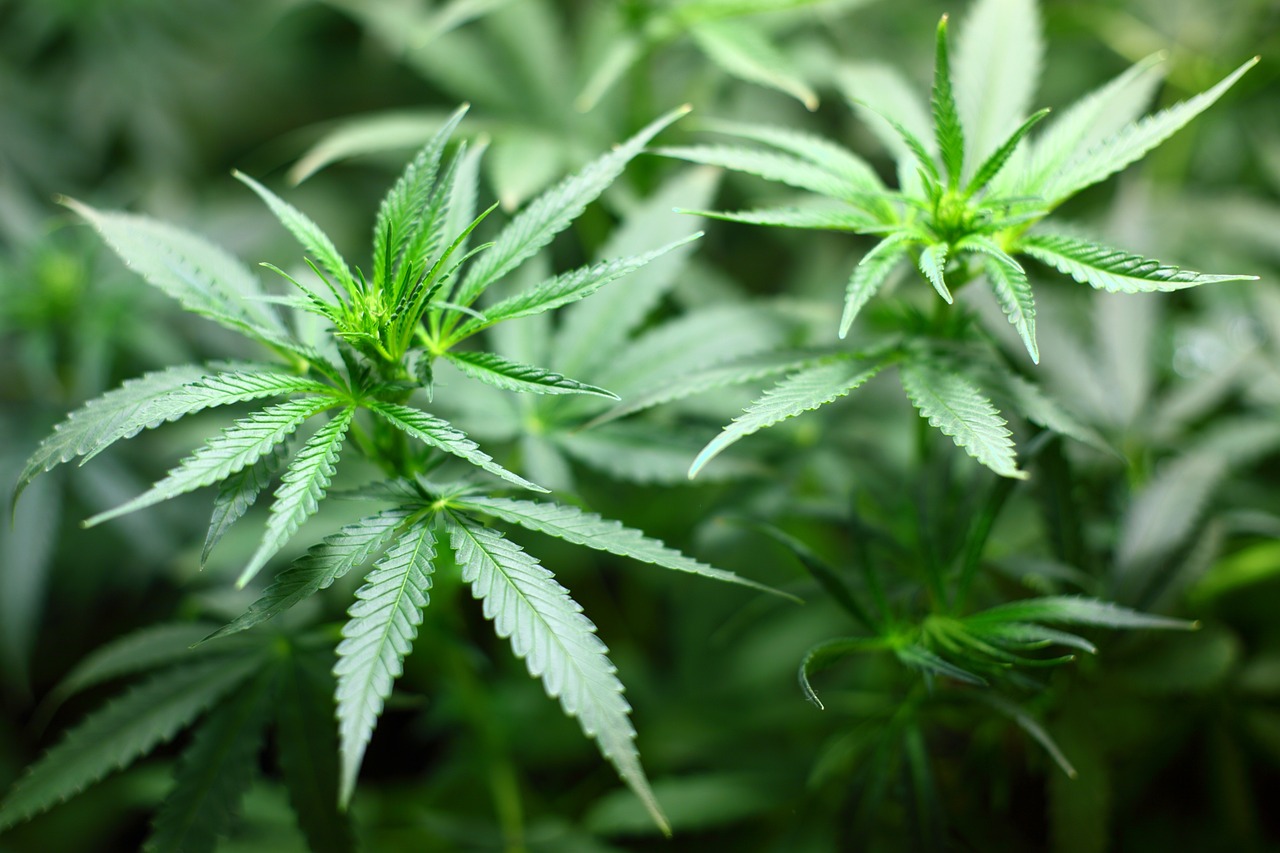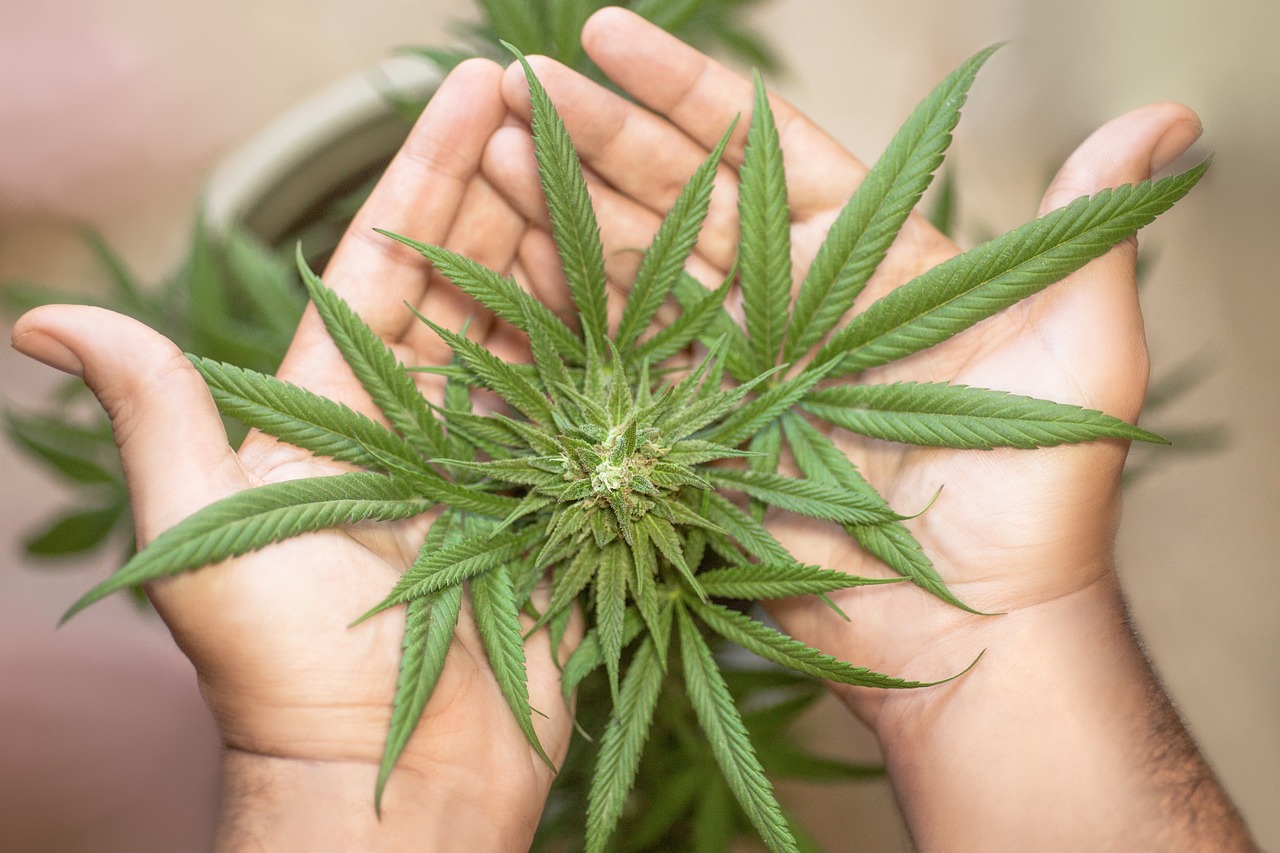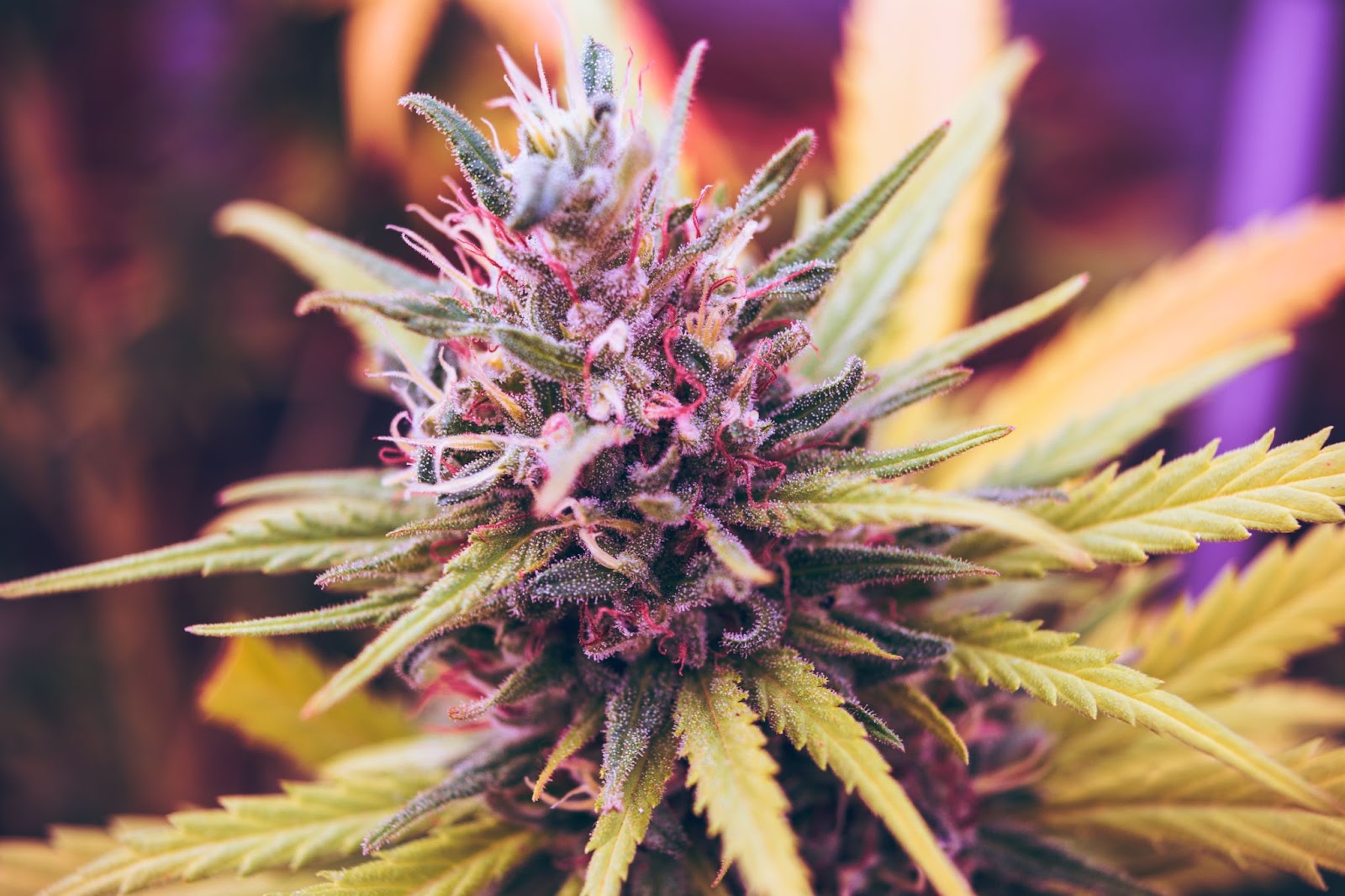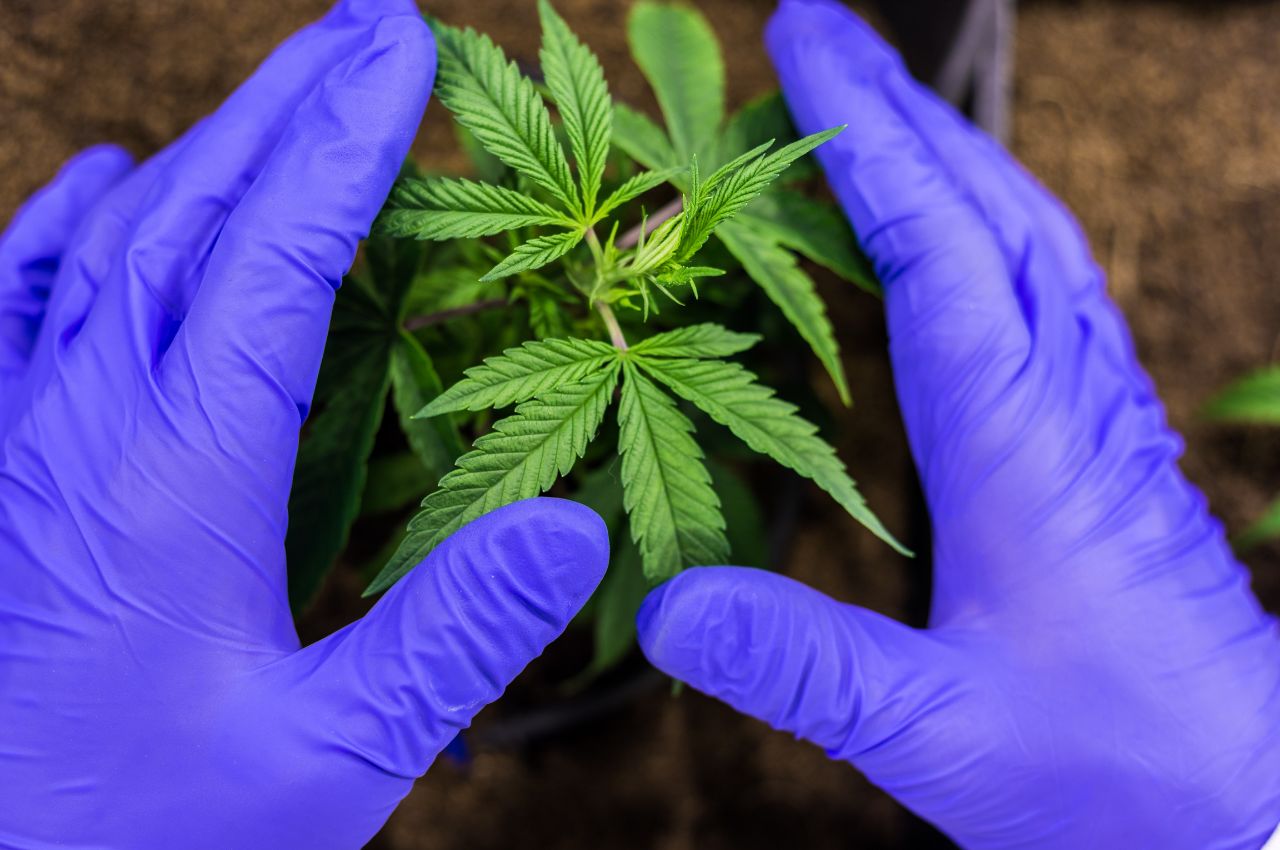Shocking the cannabis world with an unexpected turn of events, California’s largest cannabis distributor, HERBL, faced a sudden collapse. The surprising shut down leaves a significant impact on the state’s cannabis industry. Despite initial assurances from the CEO, Mike Beaudry, that HERBL was fully operational, the company succumbed to financial woes, resulting in substantial losses for small pot brands and a staggering $17 million in unpaid taxes for the state.
HERBL’s demise is part of a larger trend in California’s cannabis landscape, with notable startups like Flow Kana and MedMen facing similar fates. The collapse of such prominent players raises concerns about the industry’s overall health, signaling potential challenges leading to more company failures.
Wesley Hein, President of the Cannabis Distribution Association, expressed a grim outlook, anticipating a significant number of closures throughout the cannabis supply chain. The collapse of HERBL, a company deeply entrenched in California’s market, serves as a glaring warning sign, indicating systemic issues that extend beyond individual businesses.
Tyler Kearns, CEO of Seven Leaves, a Sacramento-based cannabis company, described the moment he learned of HERBL’s downfall as “sickening.” Seven Leaves was among the businesses affected, owed a substantial $880,000. Kearns anticipated the magnitude of HERBL’s collapse, suggesting it’s the biggest failure in U.S. cannabis history.

HERBL, once a major player founded in 2016 by veterans of the food distribution industry, experienced rapid growth, delivering to over 1,000 stores and reportedly selling $700 million worth of cannabis in 2022 alone. However, the company’s success was marred by two critical factors that unraveled in the last two years.
Firstly, HERBL lost its exclusive contract with Raw Garden, a leading cannabis producer, in January 2022. This loss, compounded by a lawsuit with Raw Garden still unresolved, significantly impacted HERBL’s product offerings and financial stability. Secondly, HERBL earned a reputation as the “bank of cannabis” by continuing to purchase cannabis from suppliers, even as retailers struggled to pay their bills. The industry, burdened with over $600 million in debt, reached a tipping point that HERBL could no longer handle. The subsequent panic led to an exodus of brands from the platform.
HERBL’s CEO, Mike Beaudry, attempted to reassure stakeholders with a letter on May 18, acknowledging missed payments but assuring the situation was temporary. Despite his efforts, more brands left, and the company faced insurmountable challenges when its main lender, East West Bank, canceled HERBL’s line of credit on June 20, pushing the distributor into receivership.
The aftermath left cannabis brands in a precarious position, with significant outstanding debts. The president of Cannabiz Credit Association, Adam Cavanaugh, highlighted the challenges faced by pot companies due to the lack of traditional bankruptcy protections, making it harder for them to recover outstanding debts.
Wesley Hein emphasized that HERBL’s failure was not only due to poor business decisions but also exposed systemic issues in California’s pot industry, including overt taxation, competition from unlicensed businesses, and burdensome regulations. Hein drew parallels between HERBL’s collapse and the 2008 failure of Lehman Brothers, urging lawmakers to learn from the situation and work towards improving and correcting the flaws in the system. The fall of HERBL prompts a critical examination of the challenges faced by businesses in the rapidly evolving and regulated market of California’s cannabis industry.

